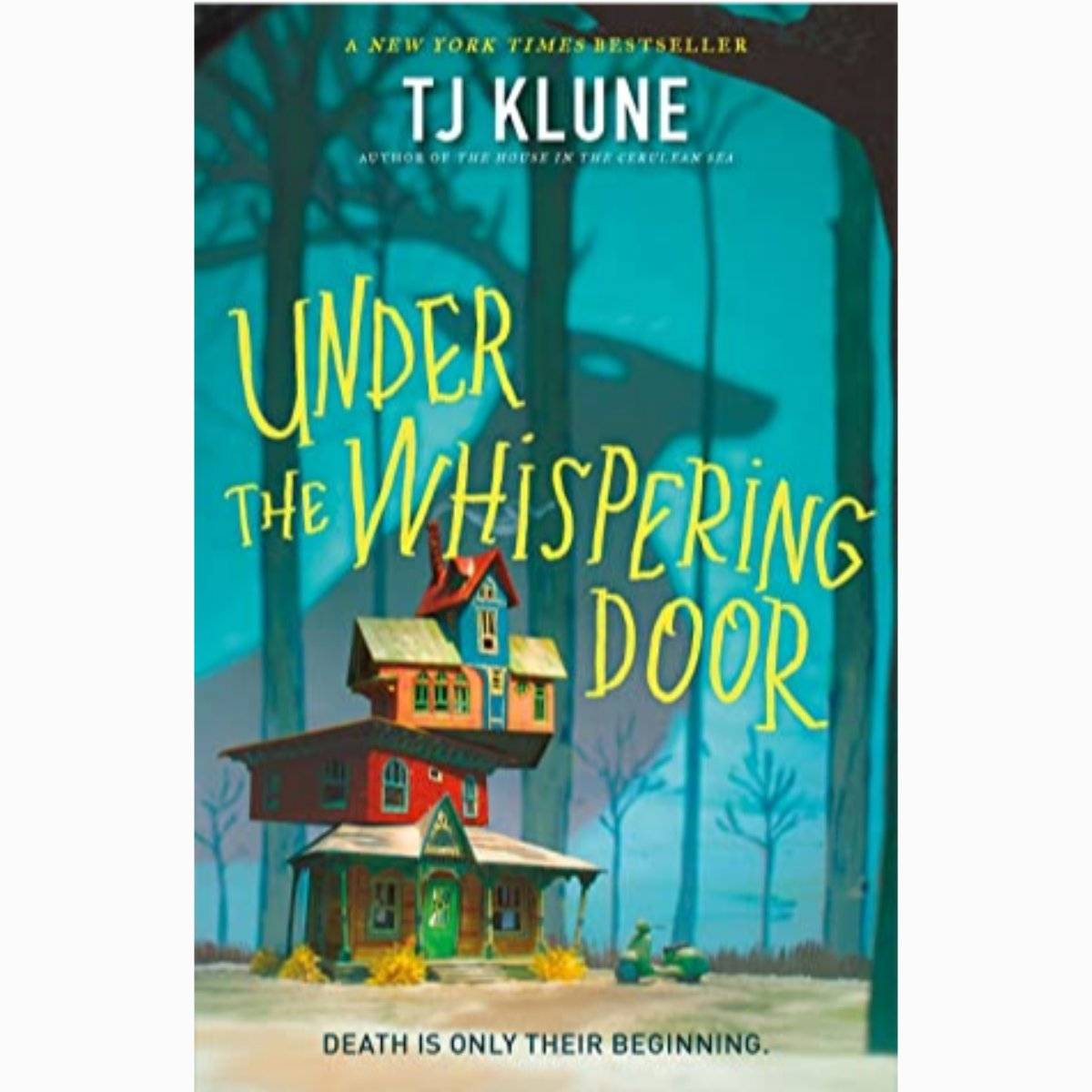
TJ Klune uses bathos humor to create a unique story from the perspective of the afterlife about the importance of self-reflection, love, and living life the best you can.

TJ Klune uses bathos humor to create a unique story from the perspective of the afterlife about the importance of self-reflection, love, and living life the best you can.
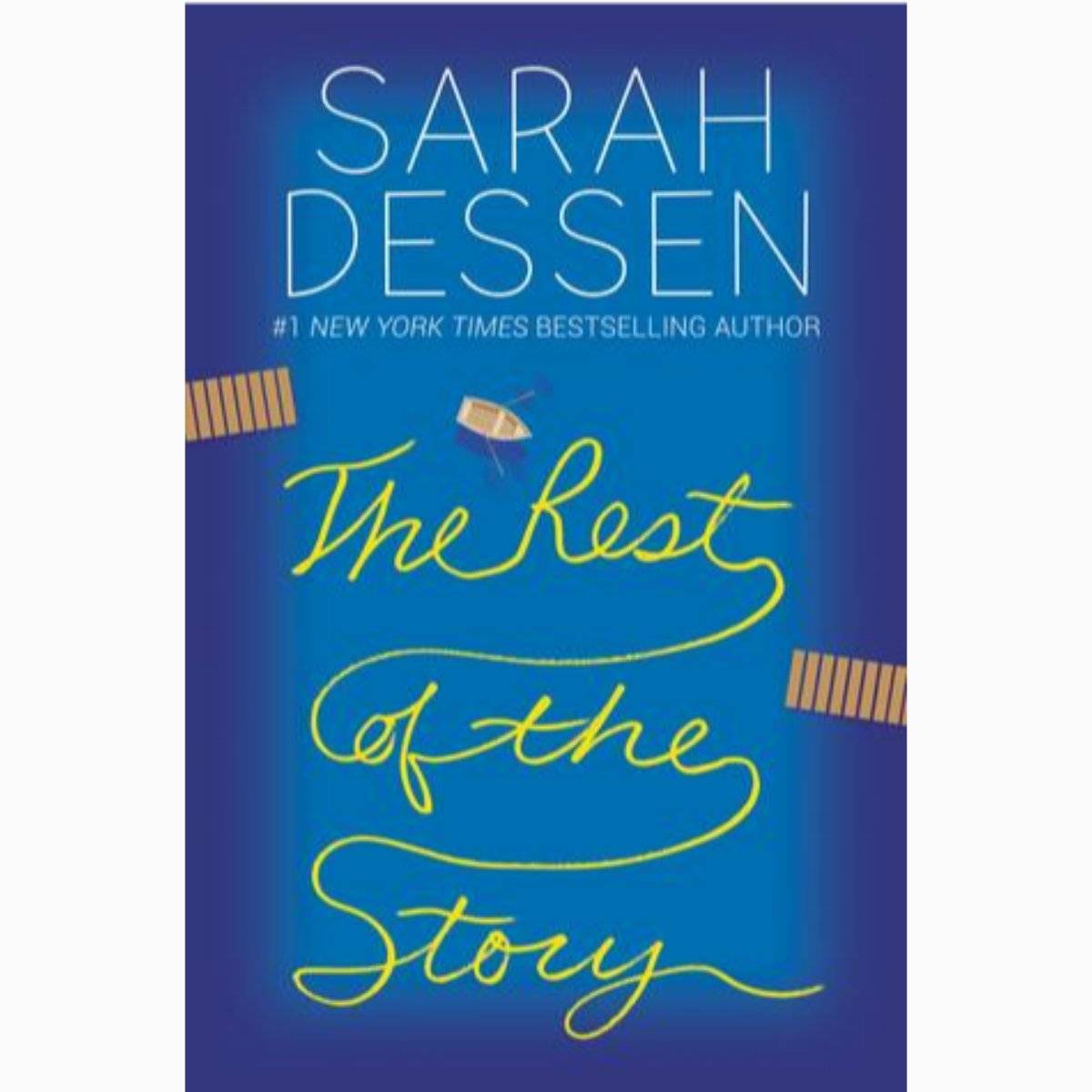
Sarah Dessen crafts this refreshing story of acceptance, mourning together, and love by creating “epiphany” moments, when Emma Saylor becomes acutely aware of something new, and the reader grows with her.
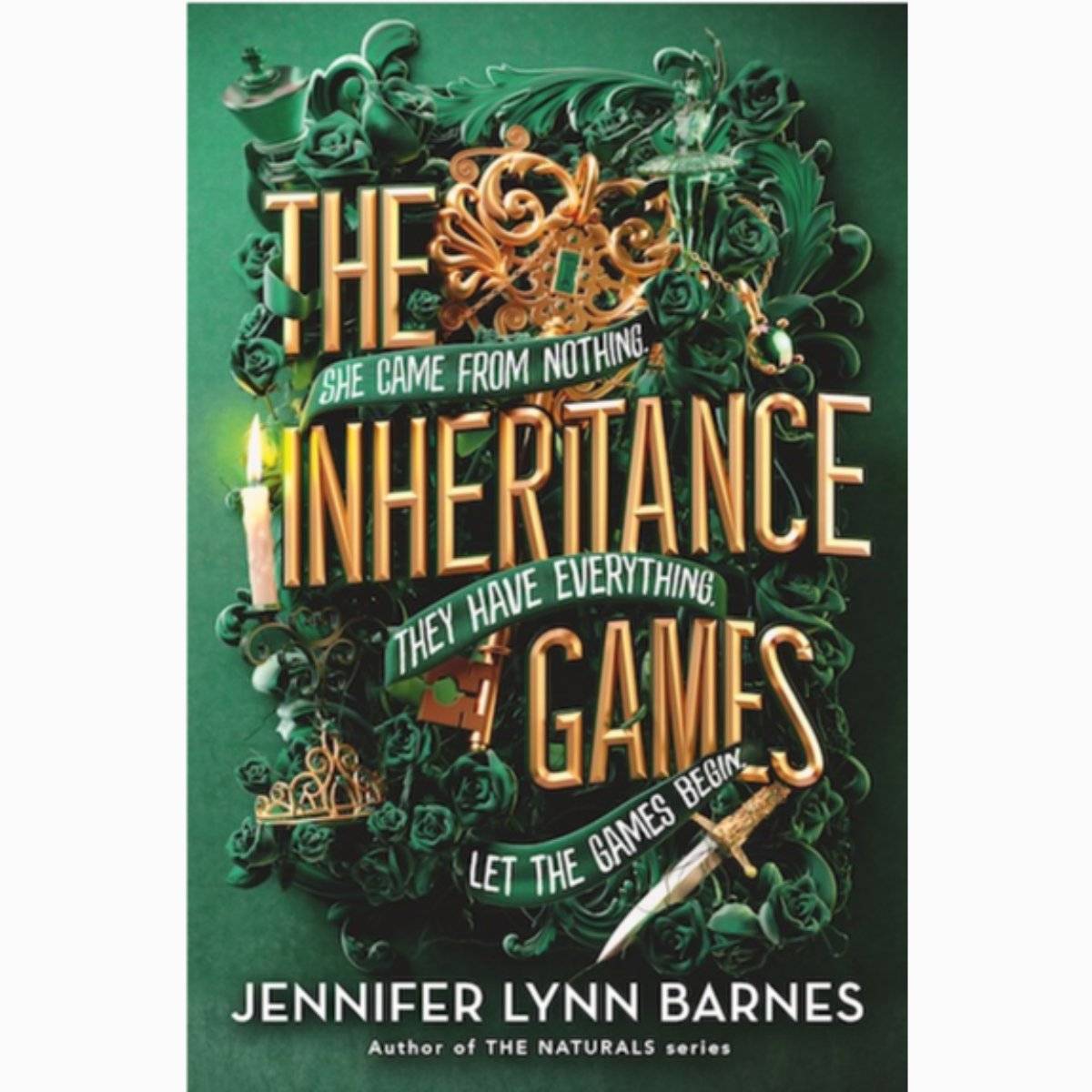
Jennifer Lynn Barnes uses motifs such as chess, keys, and cupcakes to evoke a mysterious mood, explore the themes, and create symbolic repetitive meanings in this creatively reimagined Cinderella story.
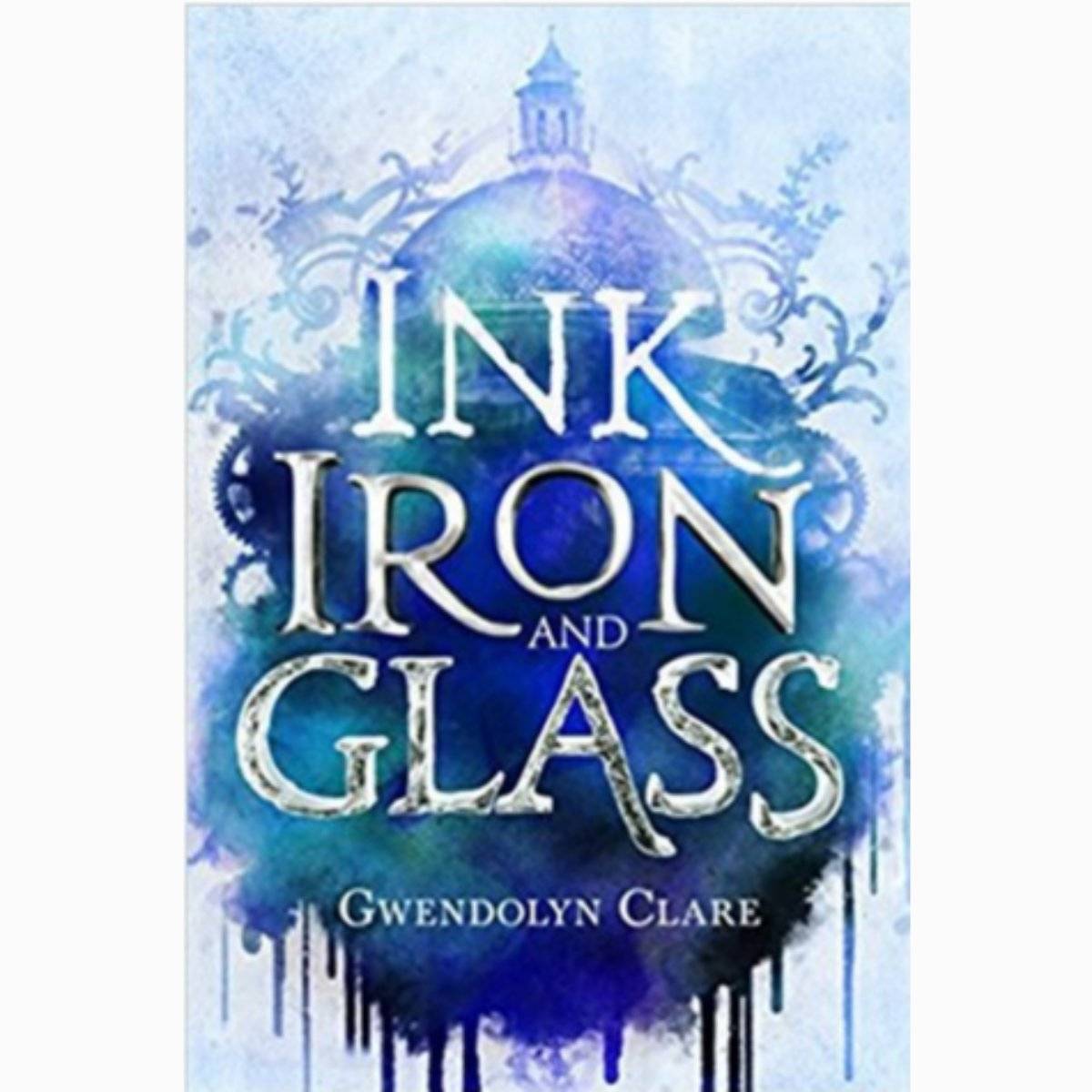
Gwendolyn Clare creates alternate steampunk worlds in which young Elsa is searching for her mother in this story. Elsa is the target of the religious order trying to get rid of “gifted” kids, as well as the target of political powers trying to use her for her gifts. Clare‘s use of a foil companion for Elsa enhances her traits and skills, which allows the reader to understand her actions and choices, creating a richer experience for the reader.
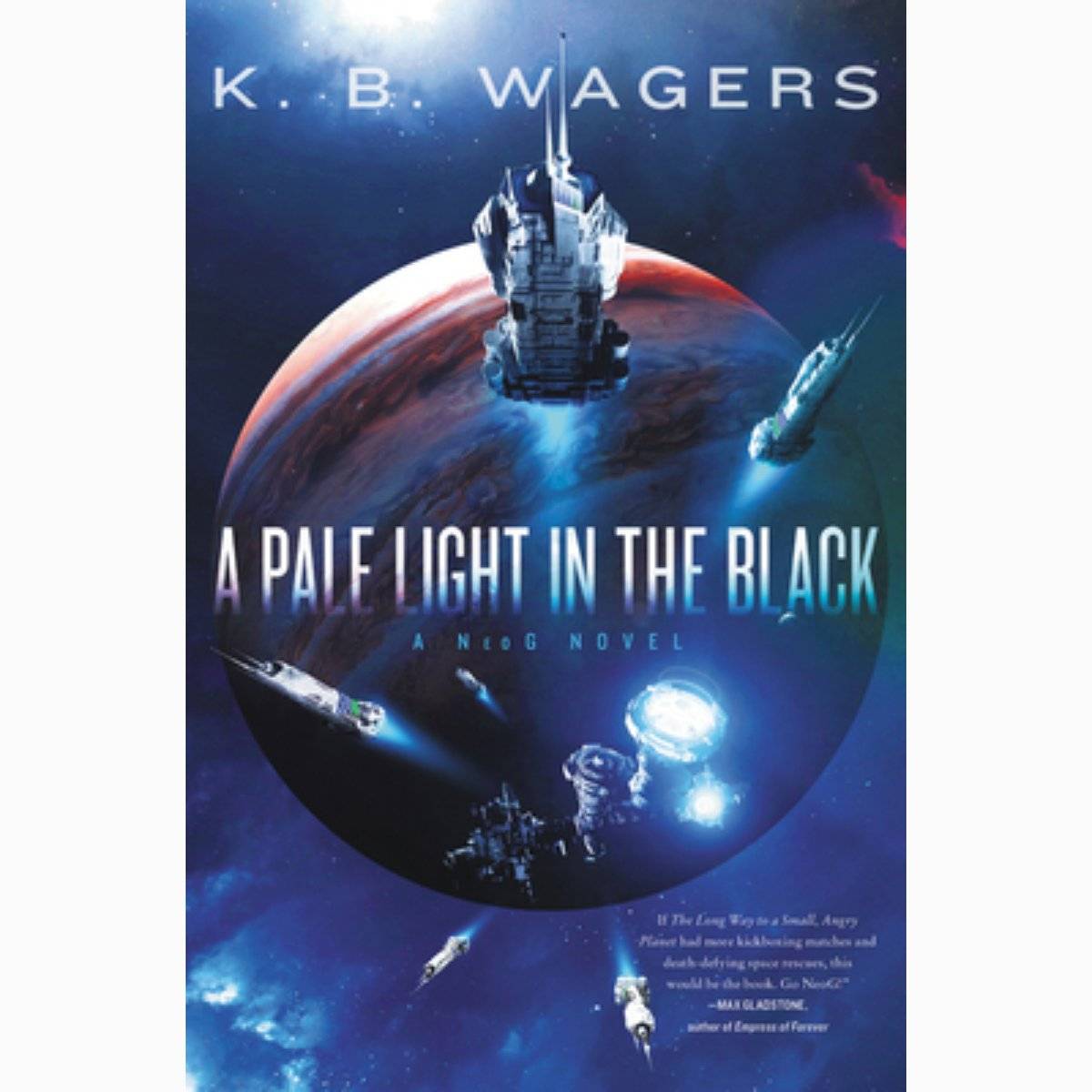
This science fiction space opera is set up around the Boarding Games, a set of competitions between ships in the Near-Earth Orbital Guard. The Games are shrouded in a life-threatening mystery that the Zuma‘s Ghost crew must solve to save millions of lives. K. B. Wagers does a good job of conveying complex ideas with a sprinkle of humor through idioms to create this story.
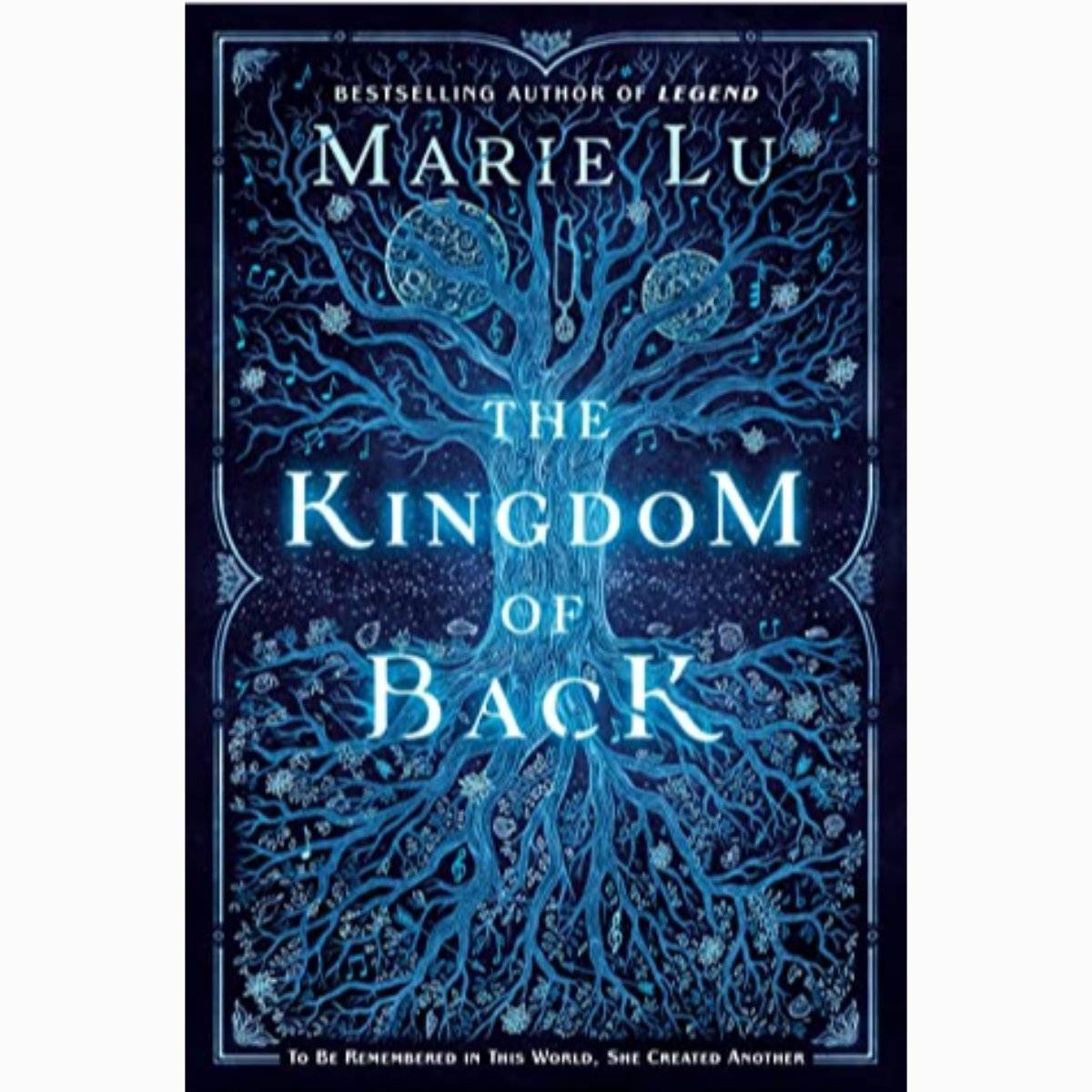
In this coming-of-age story about the musical genius, Nannerl Mozart, and her brother, Wolfgang, a story of magic unfolds that may cost Nannerl everything if she pursues her desire to be remembered. Lu weaves the young lives of the Mozart children through a musical mystery full of sibling love and magic, using the first-person inner monologue that unveils internal and external conflicts.
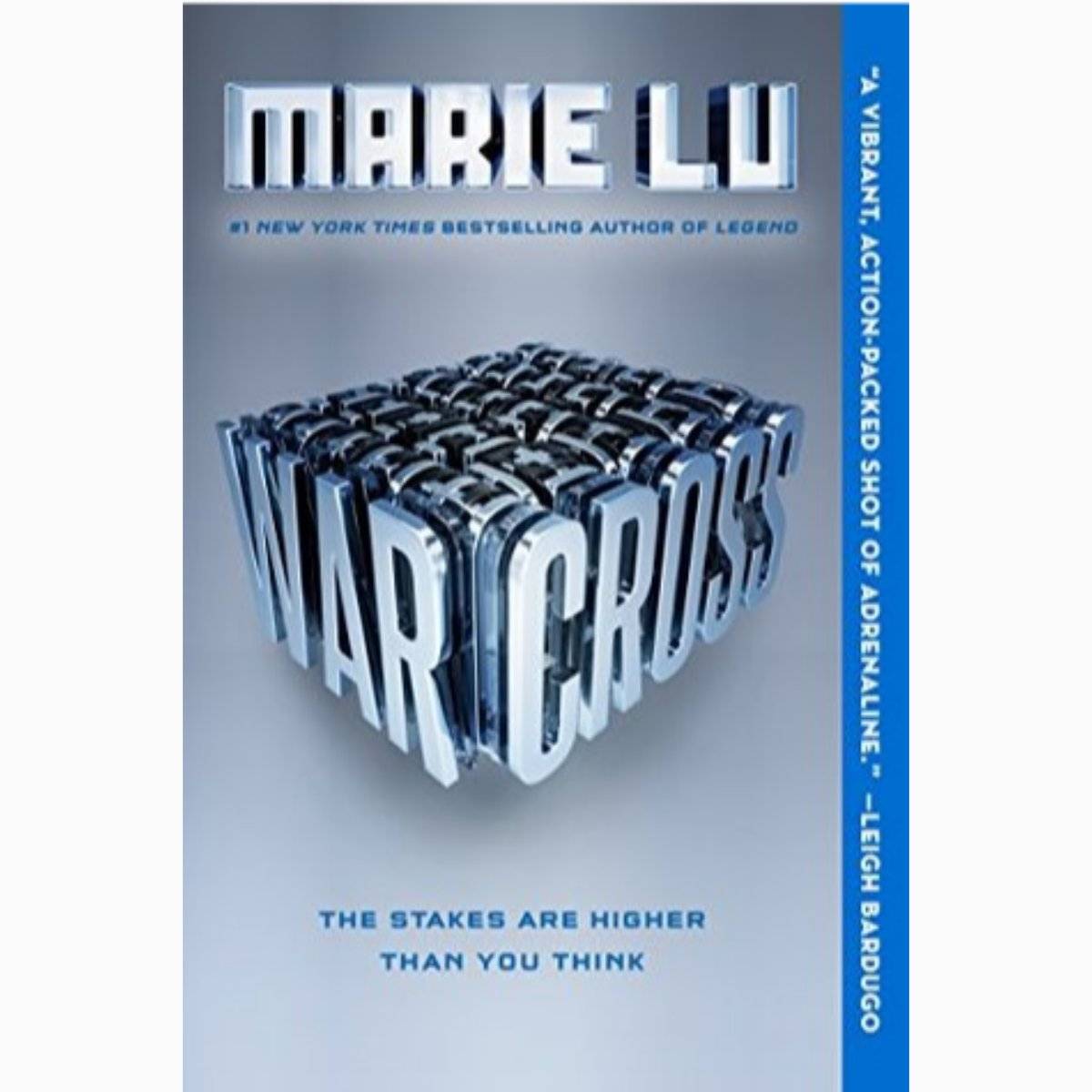
In this science fiction thriller, Marie Lu creates a fascinating game world juxtaposed to the cruel real world of eighteen-year-old foster kid, Emika Chen. Emika's pained internal struggles motivate her to make convincing external decisions that drive the plot of the story forward into a dangerous game of hunt or be hunted.
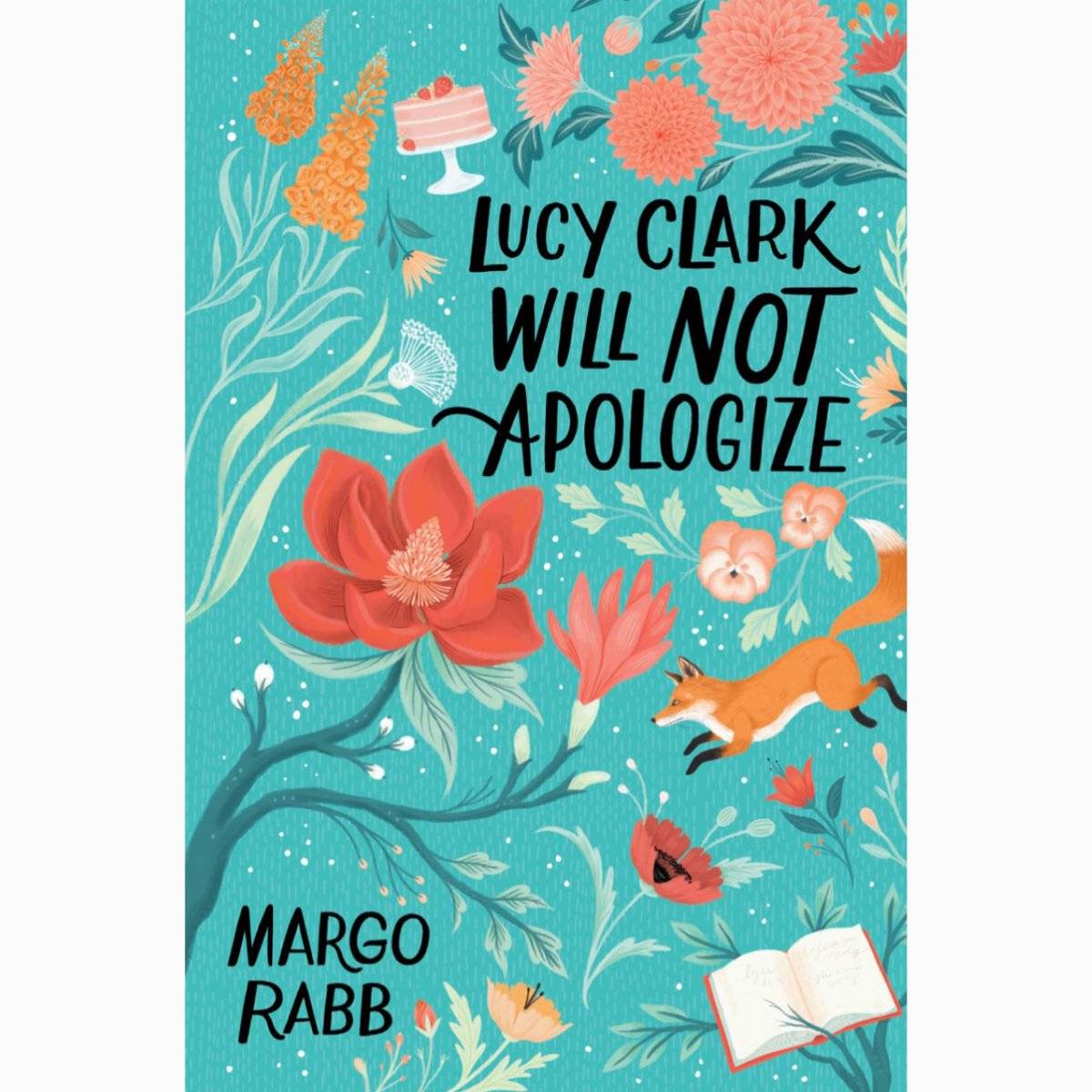
One of the best literary tools that Margo Rabb uses to craft this story is with expertly used structural repetitions such as reoccurring scenes with plants in the prose as a means of achieving an underlying rhythm that gently pulses into a sweet, satisfying ending.
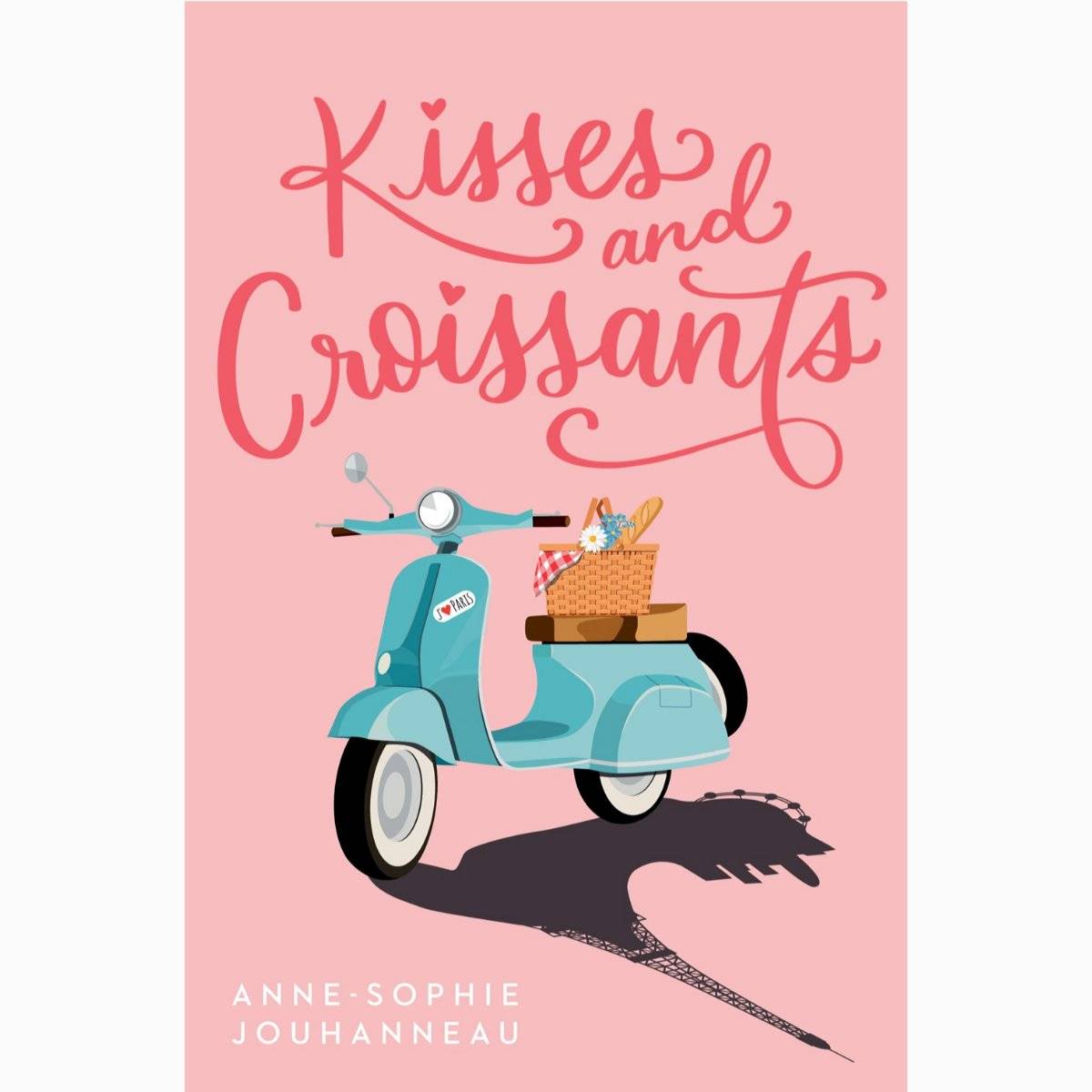
I love how Anne-Sophie Jouhanneau brings Paris and Mia‘s story to life with carefully used adjective phrases that enhance Mia or her perspective. For example, at the famous Café de Flore, “the meeting place of the most famous Parisians,” Mia describes her salad as “bursting with colorful crudites,” metaphoric of her feelings of being on a date (61-62 “Kisses and Croissants“).
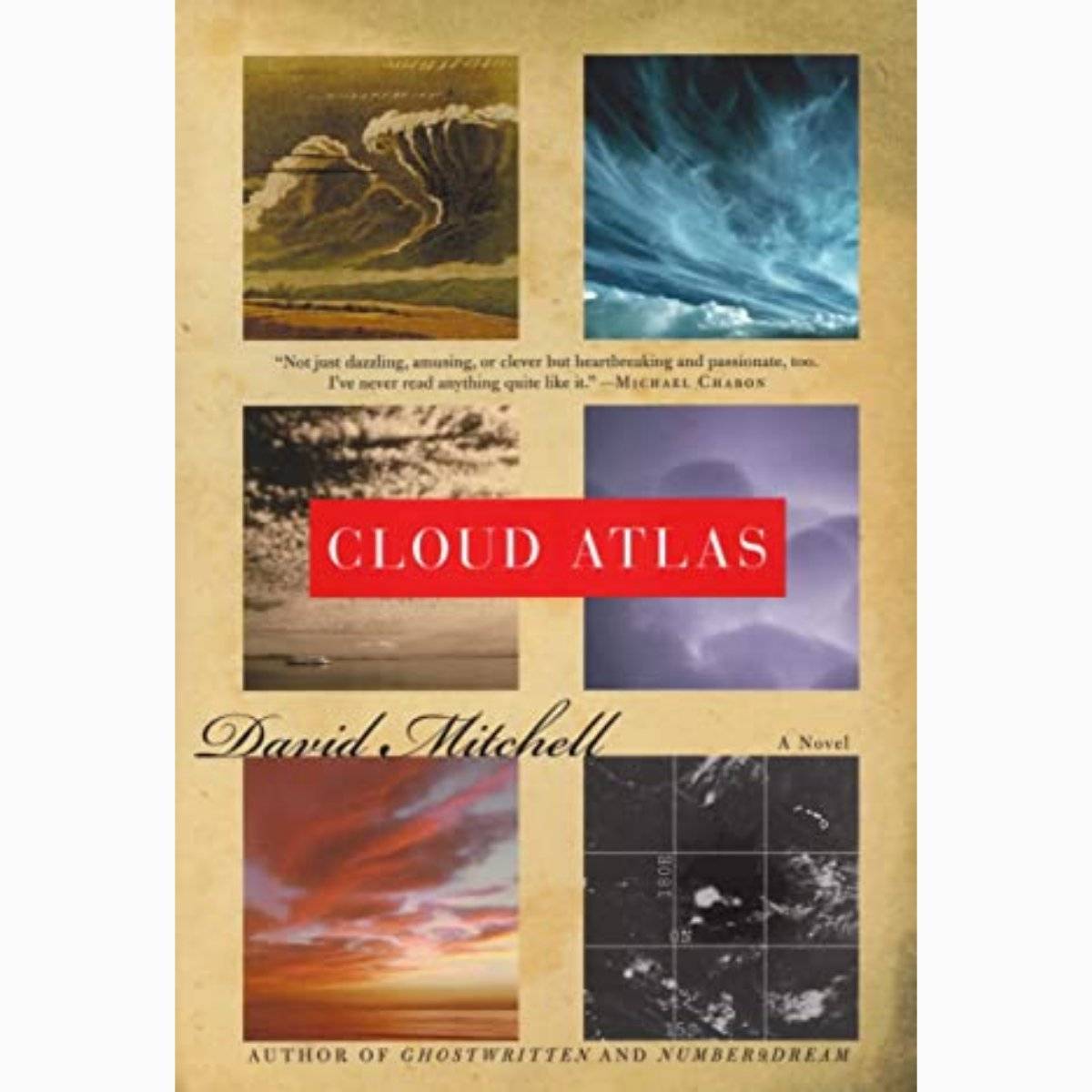
Cloud Atlas, a multi-genre multi-story novel, intersects each story with the thread of a single soul surmising the self-imposed human conditions in different time periods. This award-winning novel delves deep into the human psyche to explore six characters. I enjoyed his Mitchell's uses of third-person internal dialogue.
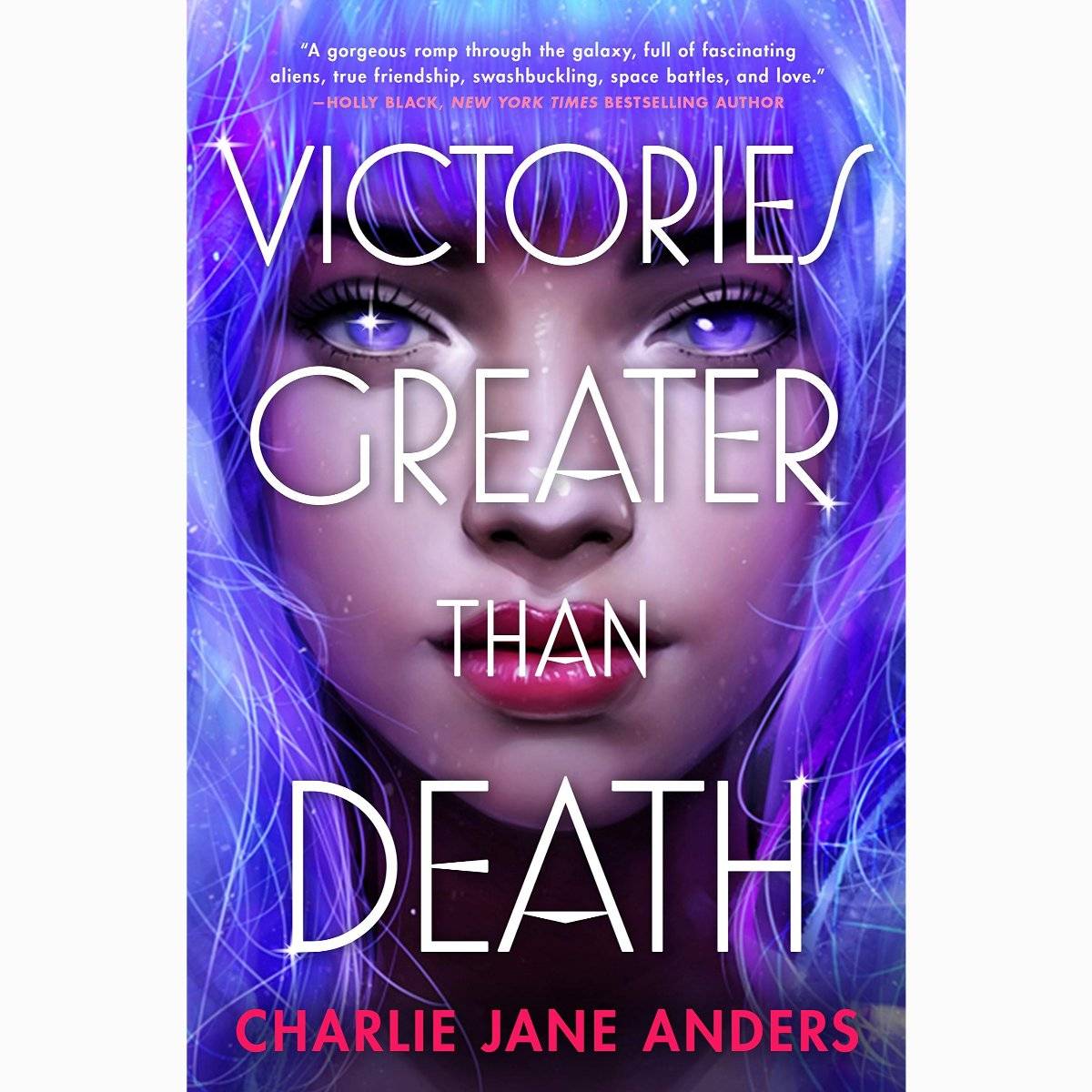
Charlie Jan Anders orchestrates an entertaining epic space opera that offers the reader a contemporary heroine that is easy to relate to and understand, largely due to the effective use of similes that convey complex information.
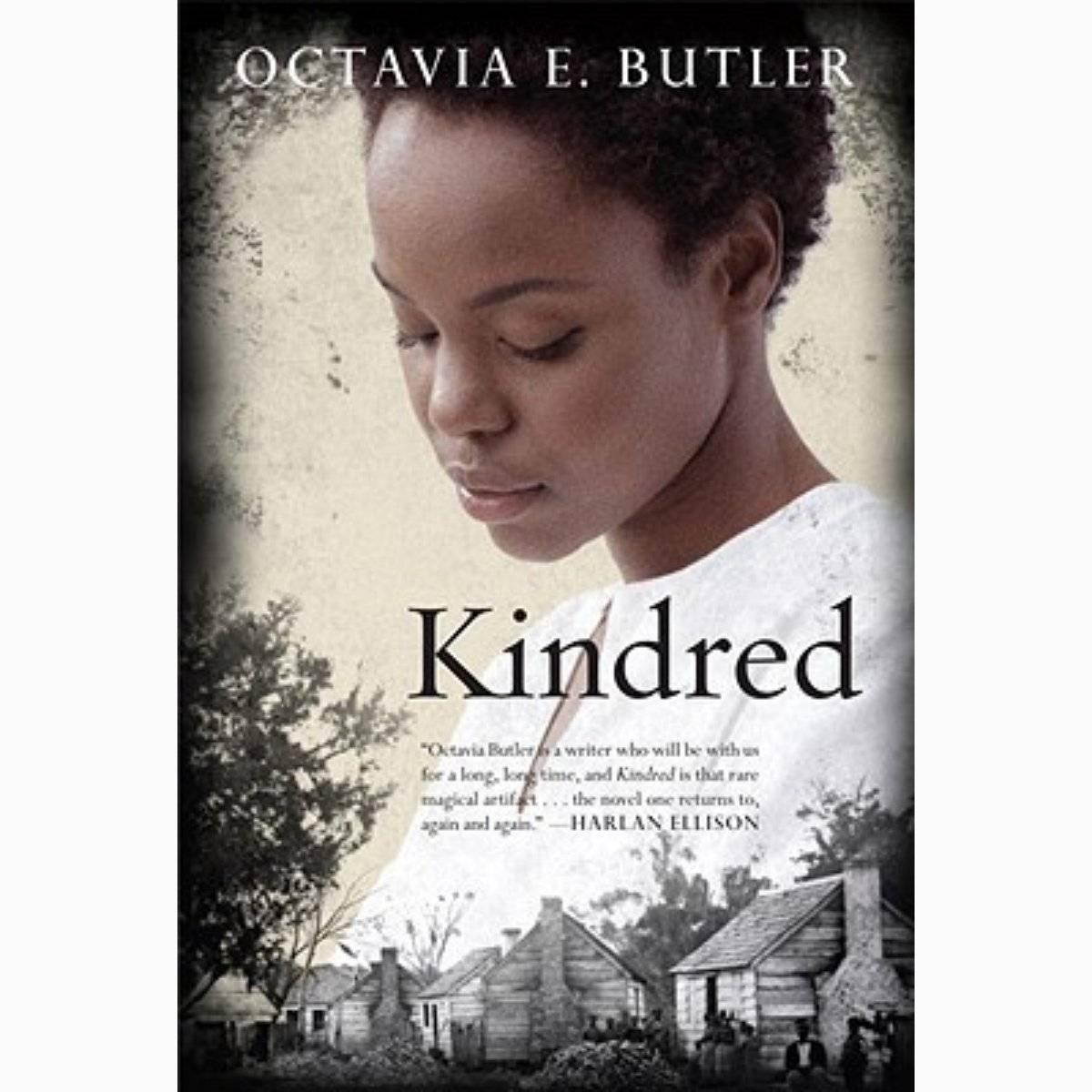
In Kindred, Octavia Butler weaves a historical science fiction story of time travel with Dana Franklin, who is called back in time to a slave plantation of her ancestors, exploring the horrifically real lives of slaves and slave owners. The intensity and graphic nature of Dana‘s experiences are masterfully played out in first person past and present perfect tenses, which had a gripping effect.
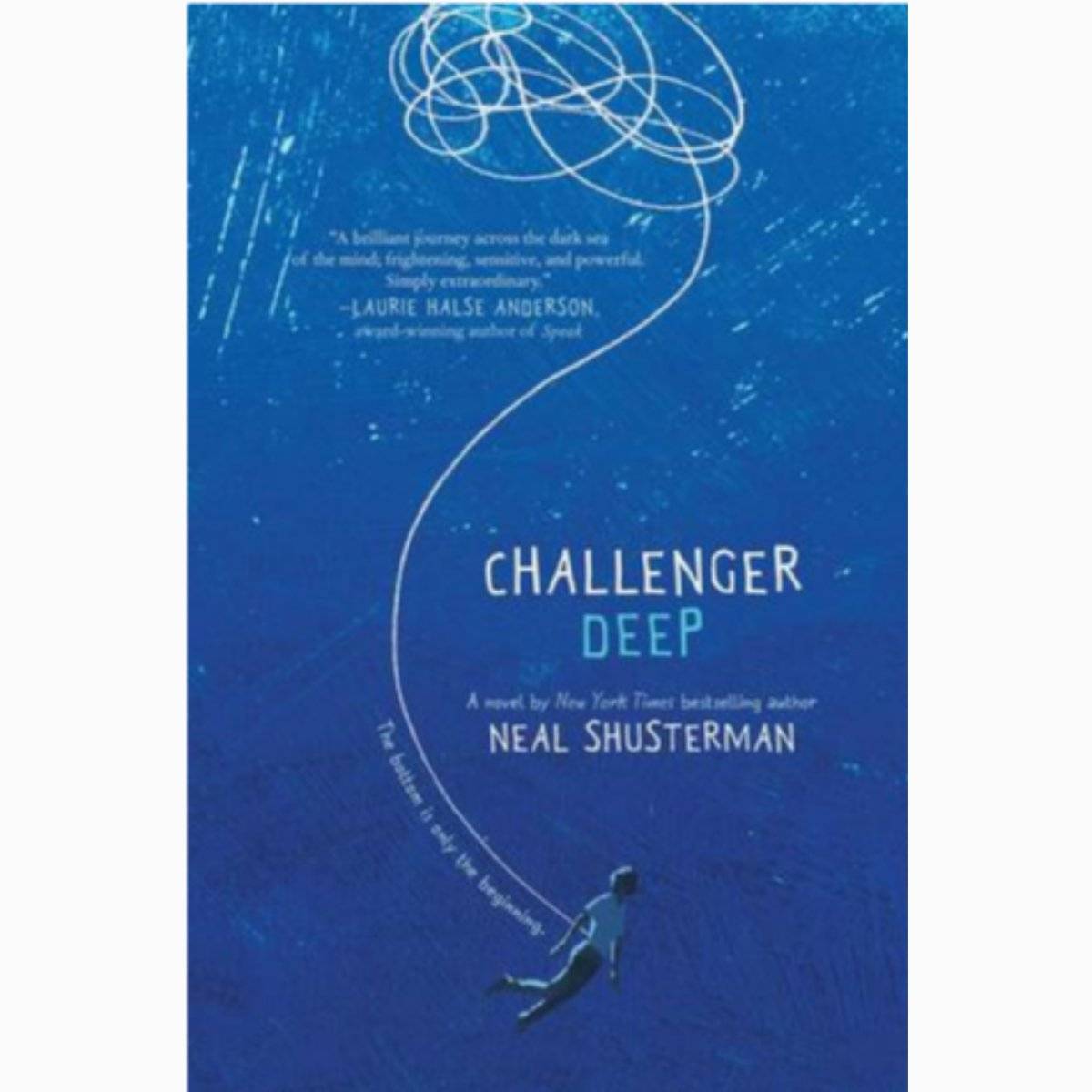
To acclimate the reader inside the mind of a schizophrenia patient, Neal Shusterman begins the novel in second person. Using elements of the second person voice, Shusterman lets the reader know that there is something different about Caden and that this story will be an emotional deep dive into his fears and hopefully his abilities to overcome the voices in his head. Beautiful story!
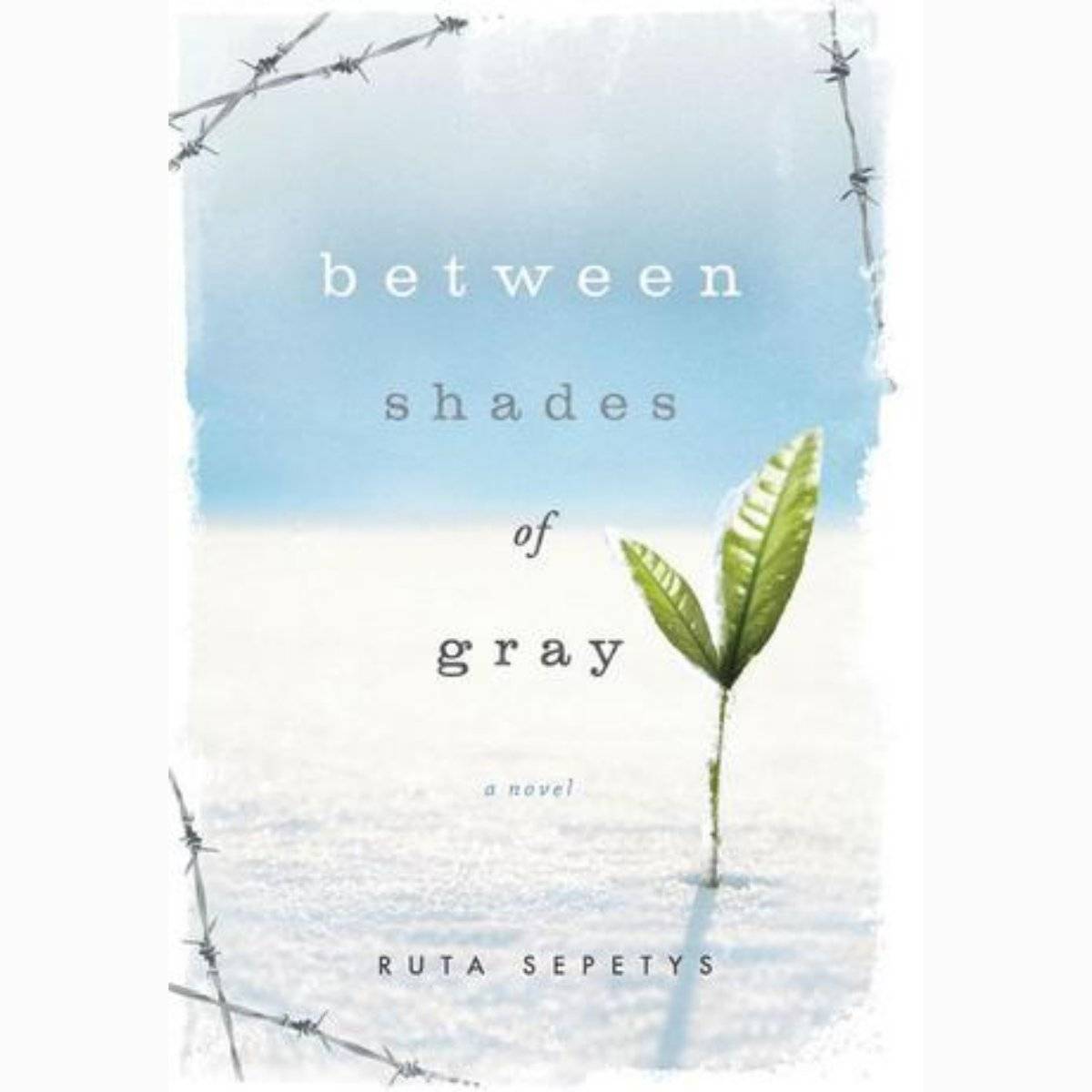
Ruta Sepetys‘ does a wonderful job of using flashbacks to carry the weight of giving the reader valuable insight into the main character's motivates, which made for an intriguing story that truly needed to be told of a forgotten people during World War II.
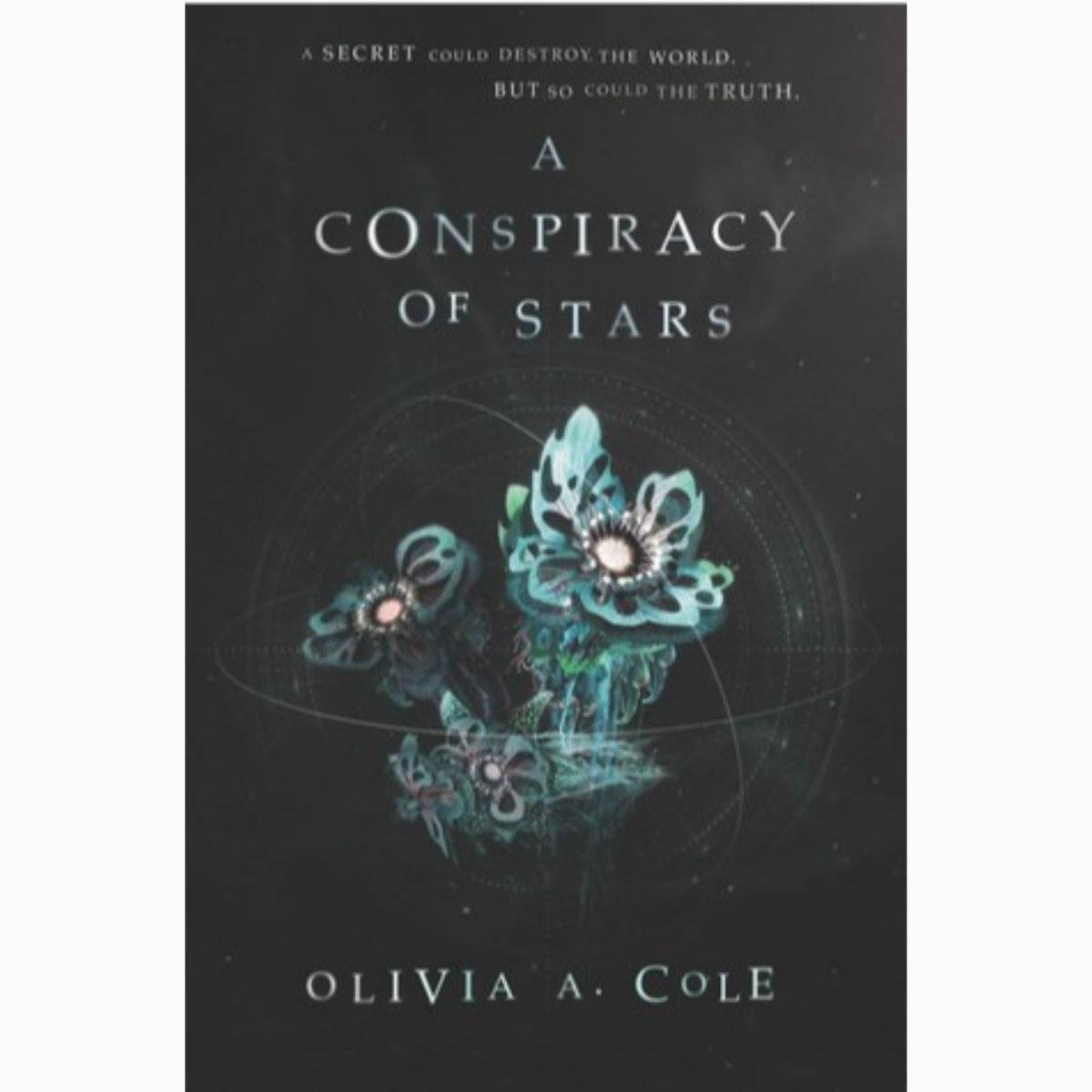
Olivia Cole masters the art of similes in this science fiction novel. By using similes, Cole careful matches planet Faloiv's unfamiliar elements to the main character‘s emotions in both tone and texture, which helps the reader connect and visualize.

One of the things that I like about this novel is that Eliot Schrefer cleverly uses metonymy, a rhetorical device, to deepen the meanings and emotional takeaways.
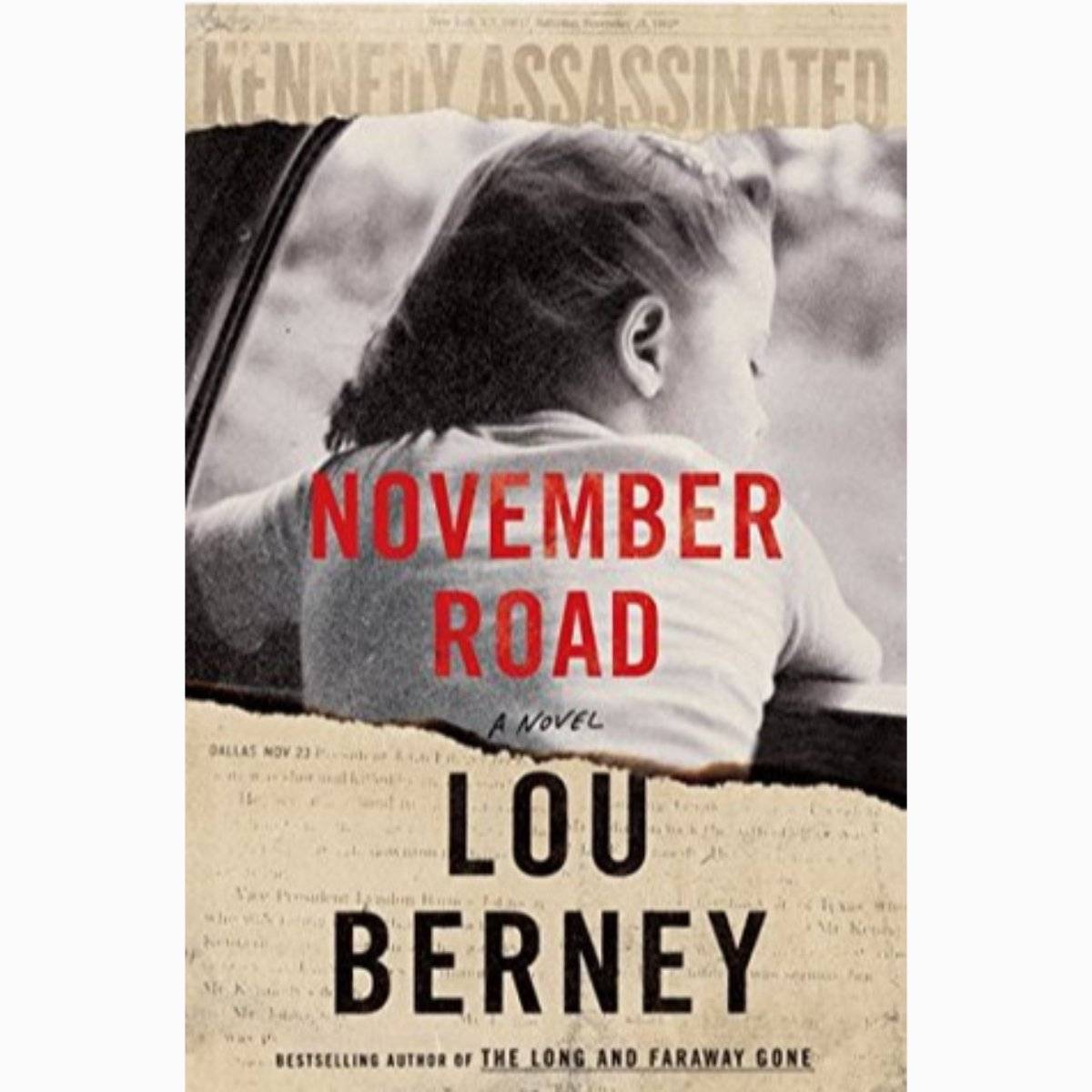
Lou Berney is an expert at using dynamic descriptions of characters to further relationships and creates revealing information and surprises throughout the story.
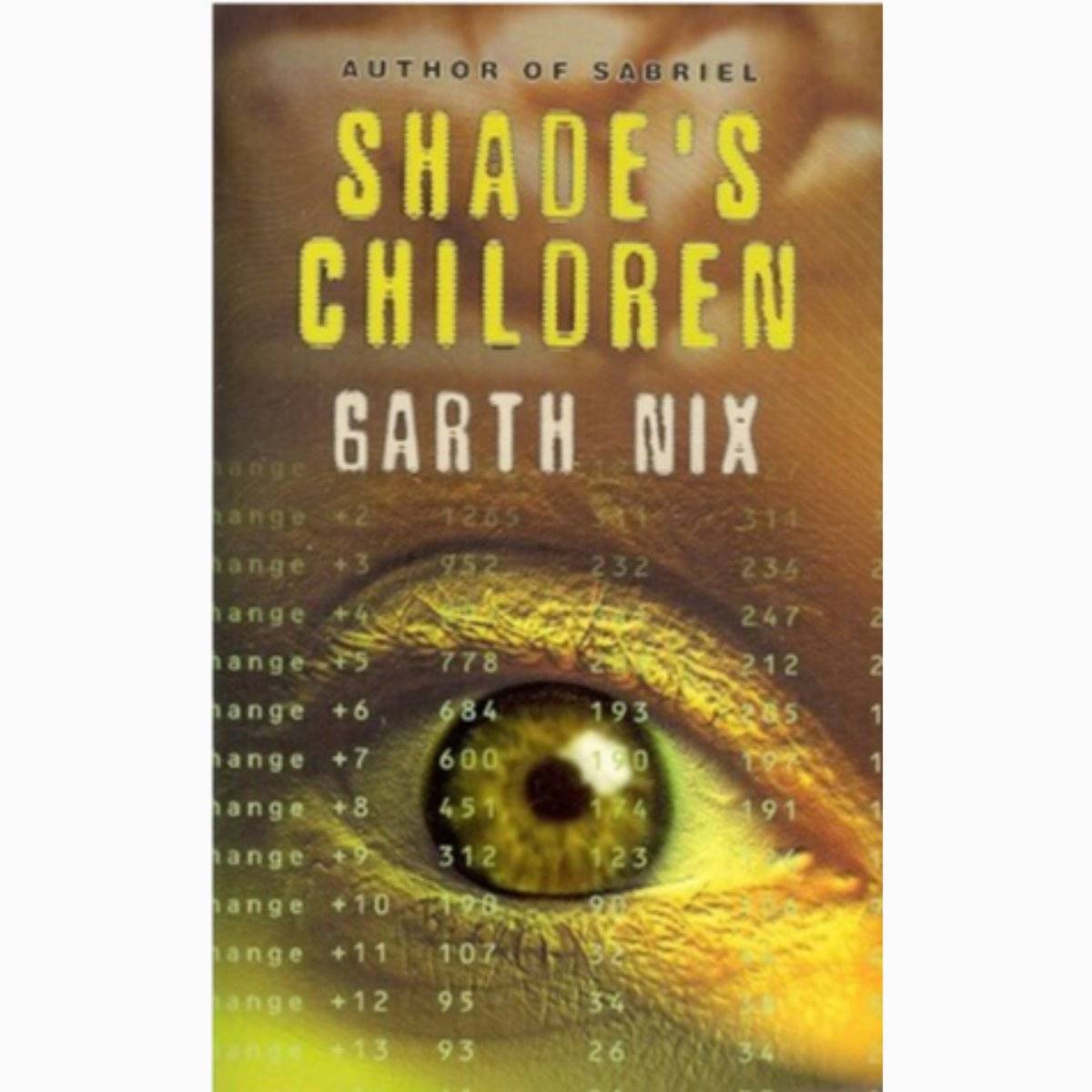
In this science fiction horror, Garth Nix masterfully provokes powerful emotions from his characters, which in turn elicits an emotional take-away for the reader.
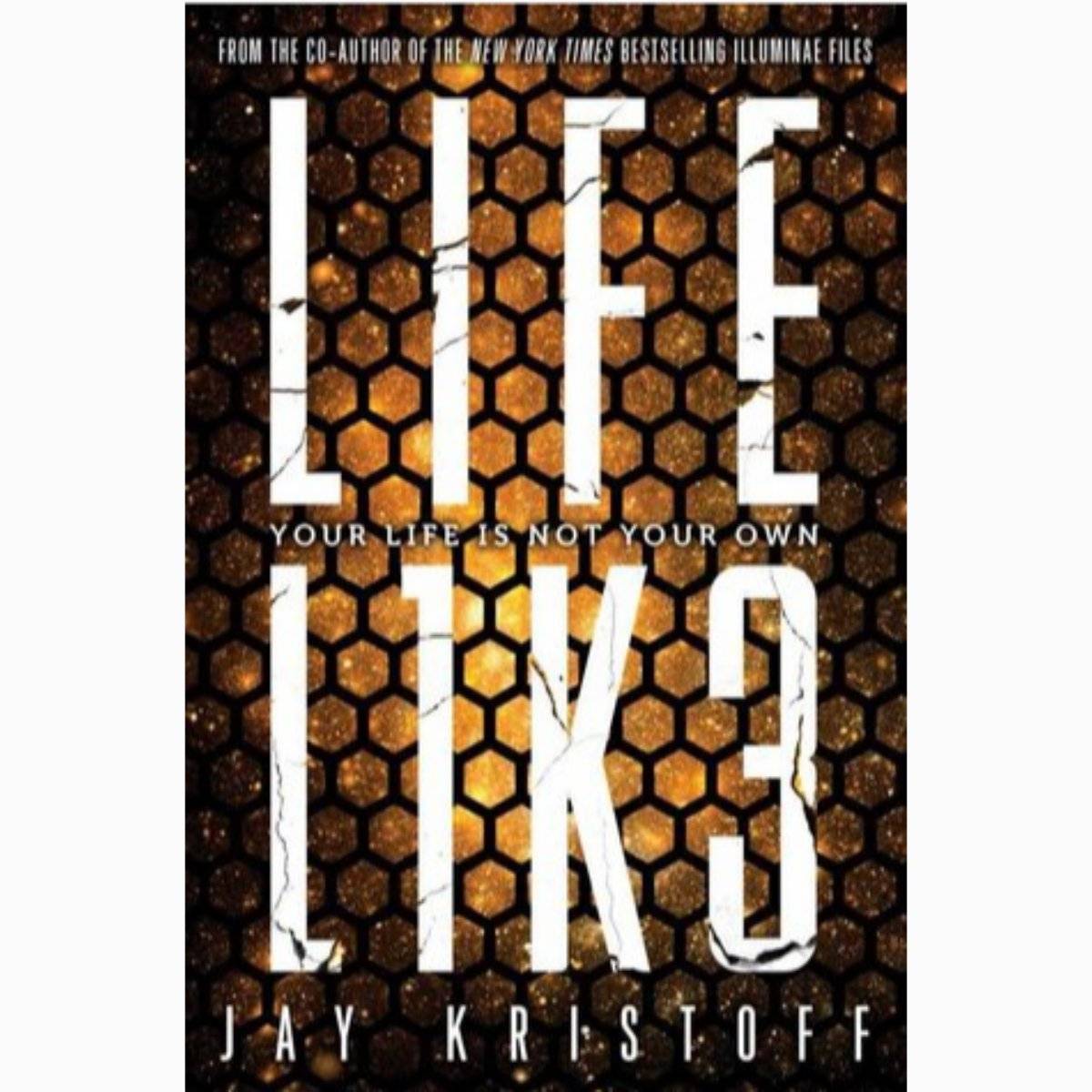
Jay Kristoff successfully uses fight scenes as a literary medium that carries the plot and emotional cords of the story.
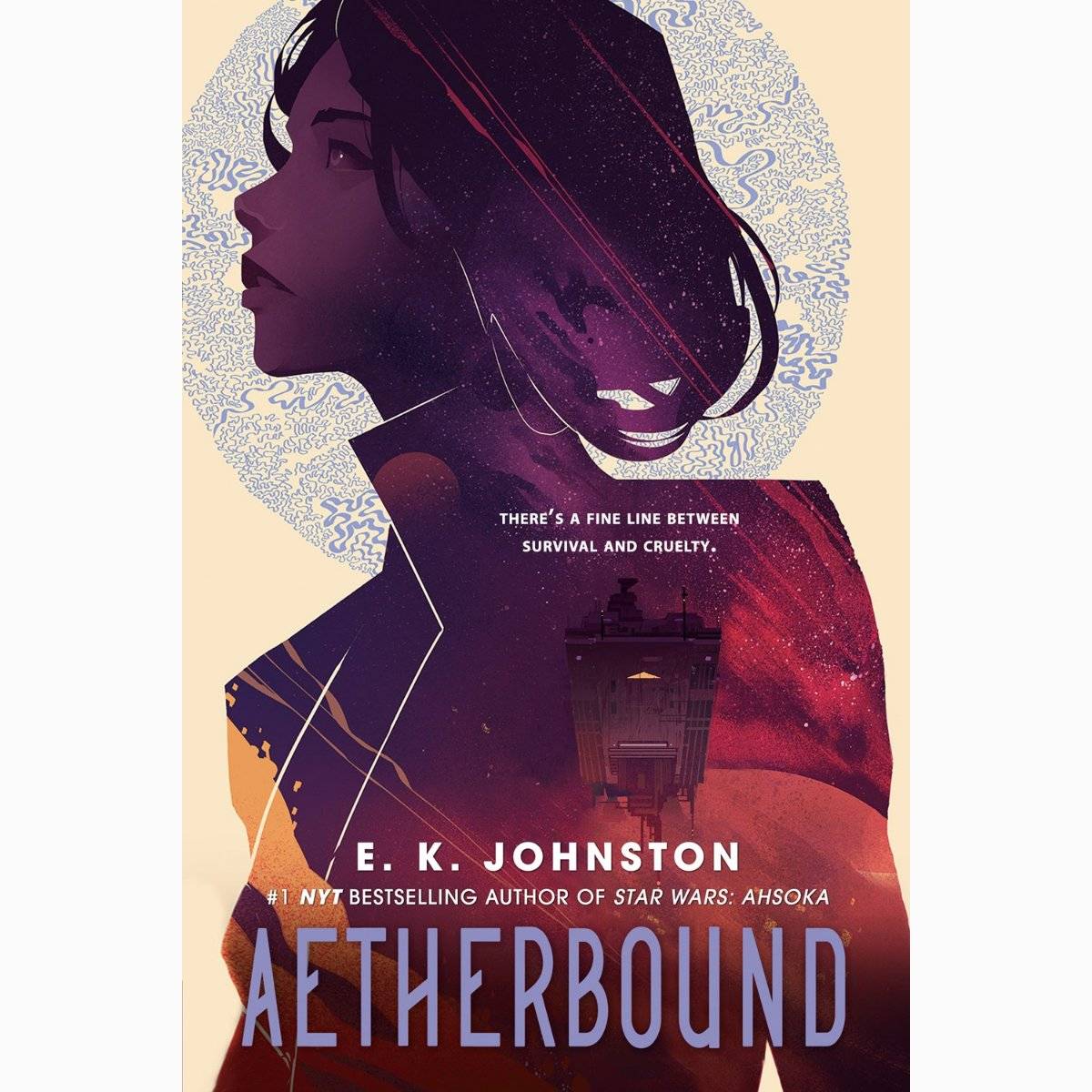
E.K. Johnston expertly uses subplots to show both the absence and the fullness of love in its many forms through carefully crafted details experienced by the characters, with whom a reader can easily establish an emotional connection.
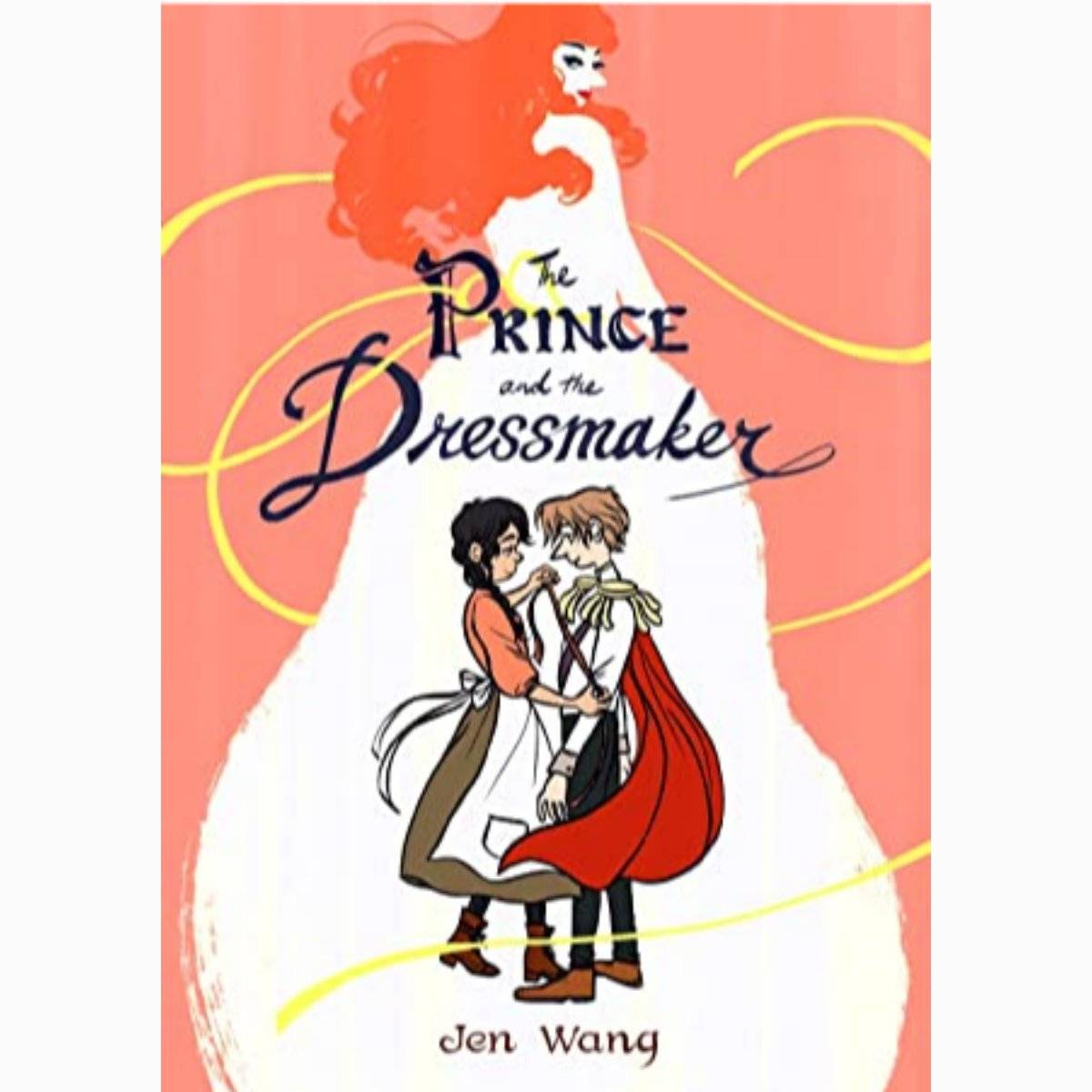
Jen Wang mesmerizes readers by perfectly laying out rich dialogue placed at key moments that weaves interactions between characters into a beautifully written piece of art.
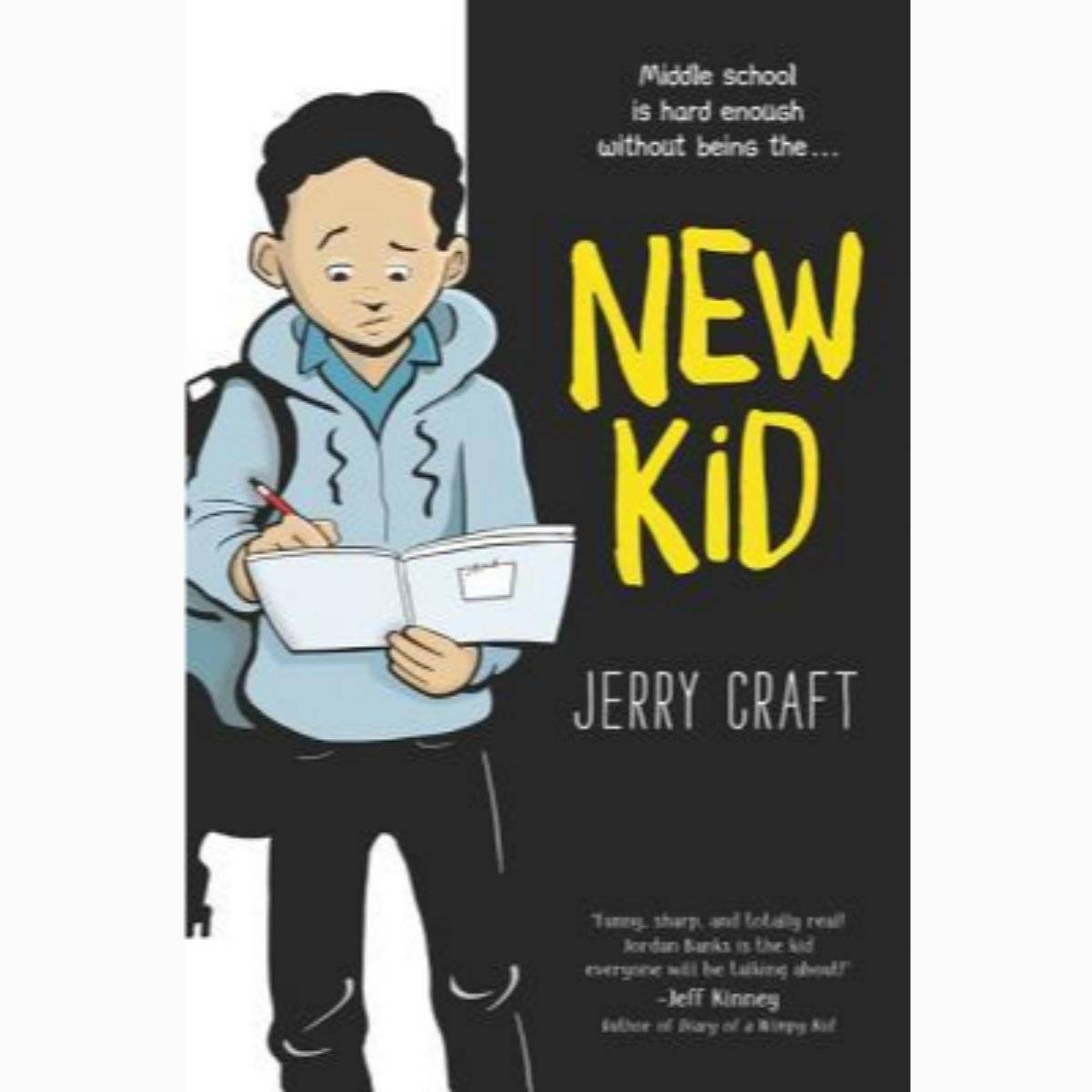
Jerry Craft's graphic novel explores key relationships that shape Jordan Banks' middle school journey. One of my favorite quotes is, “friends are like training wheels for a bike, they always keep you from falling down.“ (249)
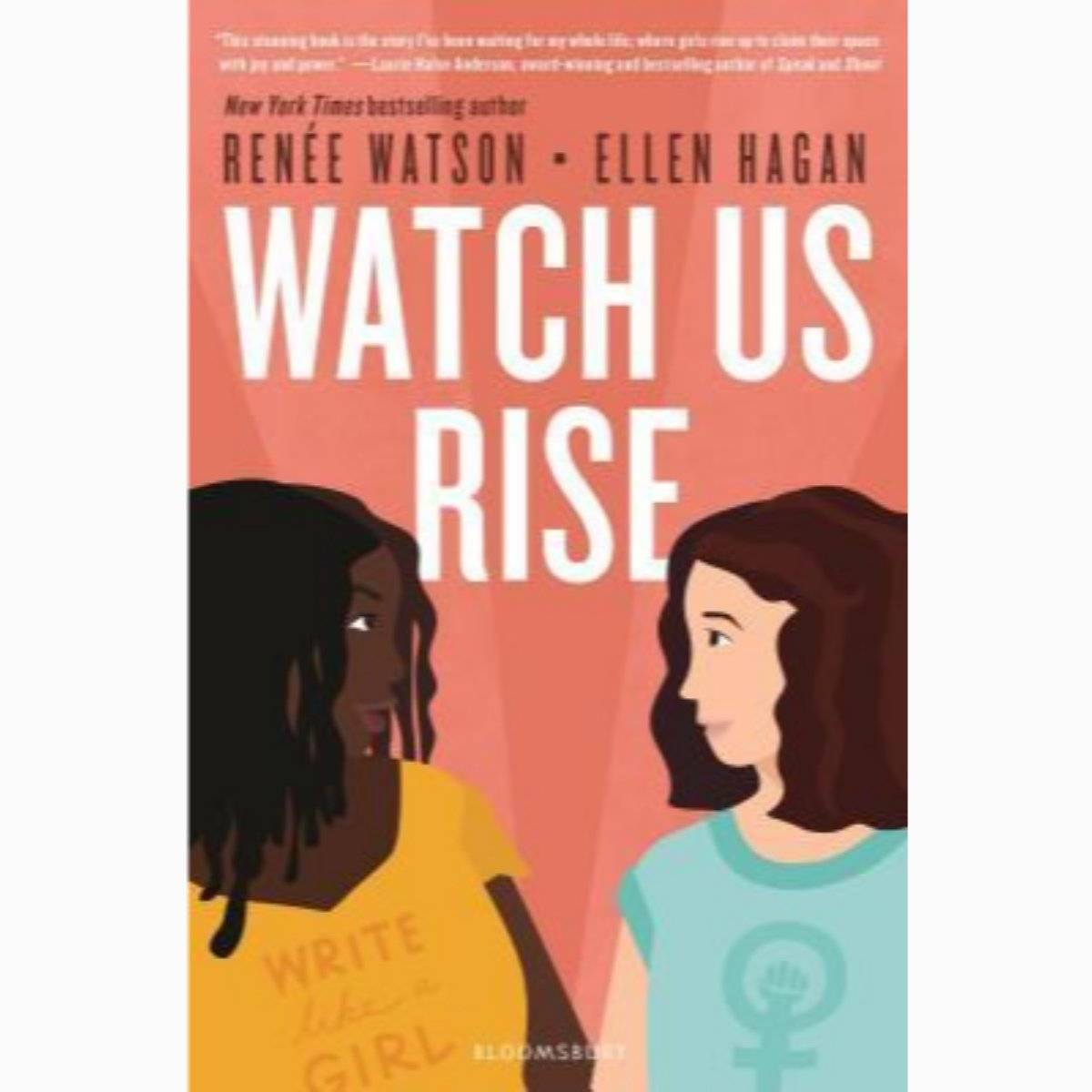
Renee Watson and Ellen Hagan give us a story that any reader can relate to on some level and be empowered by as the two main characters seek justice and freedom from bullying, a universally-relatable theme that was delivered crystal clear.
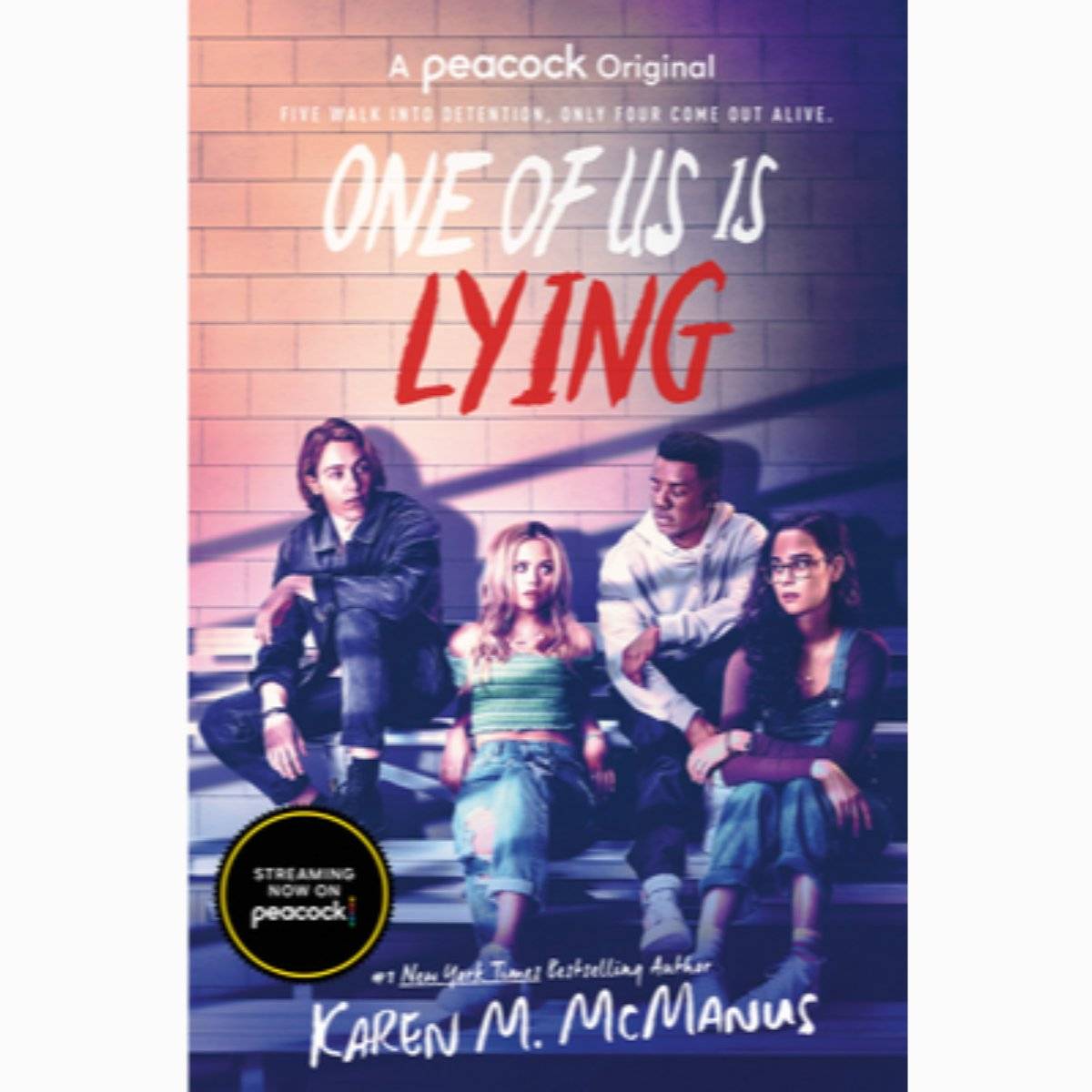
Switching between Bronwyn, Addy, Nate, and Cooper, Karen McManus entangles the reader though empathy achieved by subtle use of disadvantage, context, and vulnerability.
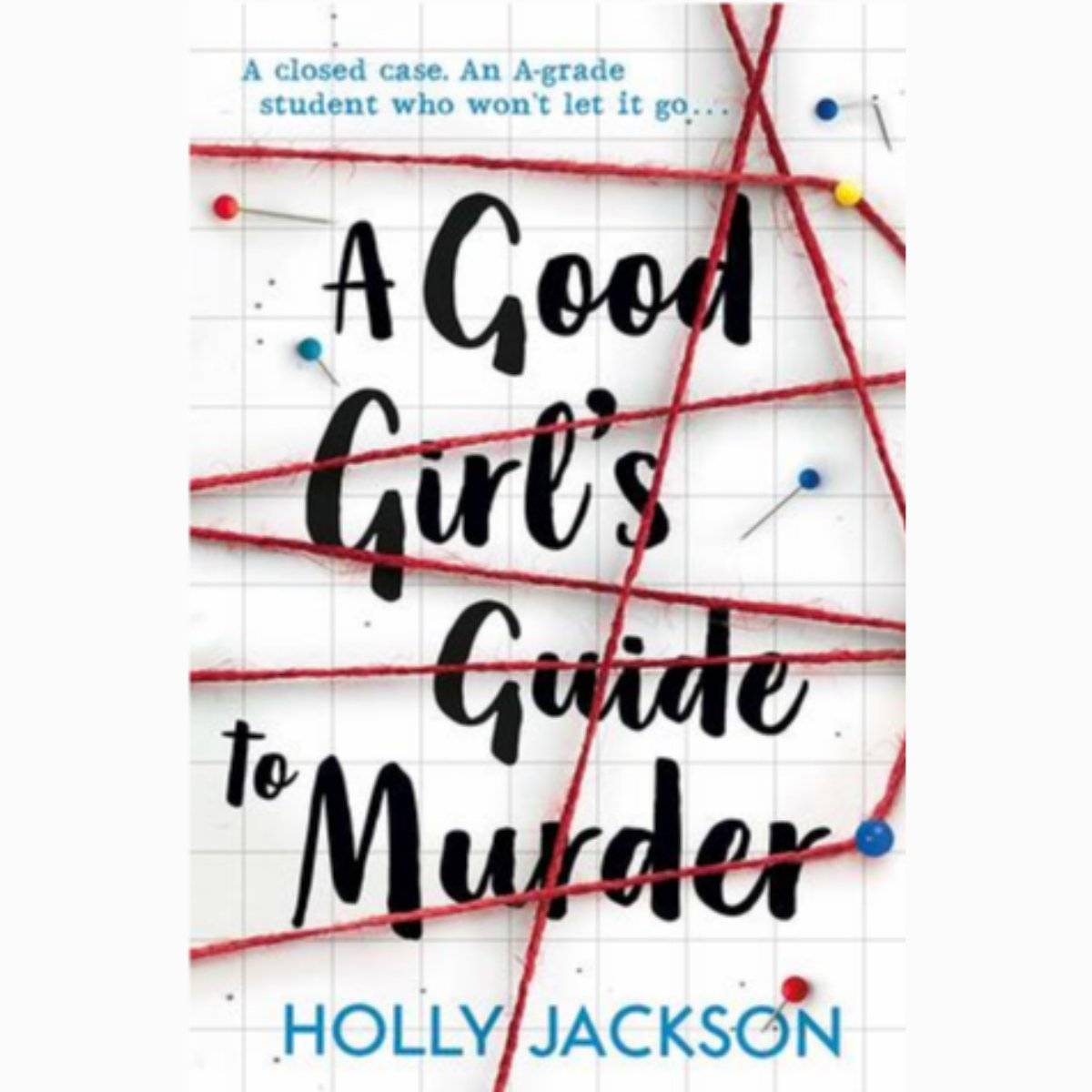
Holly Jackson‘s masterful use of direct and indirect foreshadowing produces a suspenseful story that asks the reader to check themselves about how they can be a better citizen in their community.
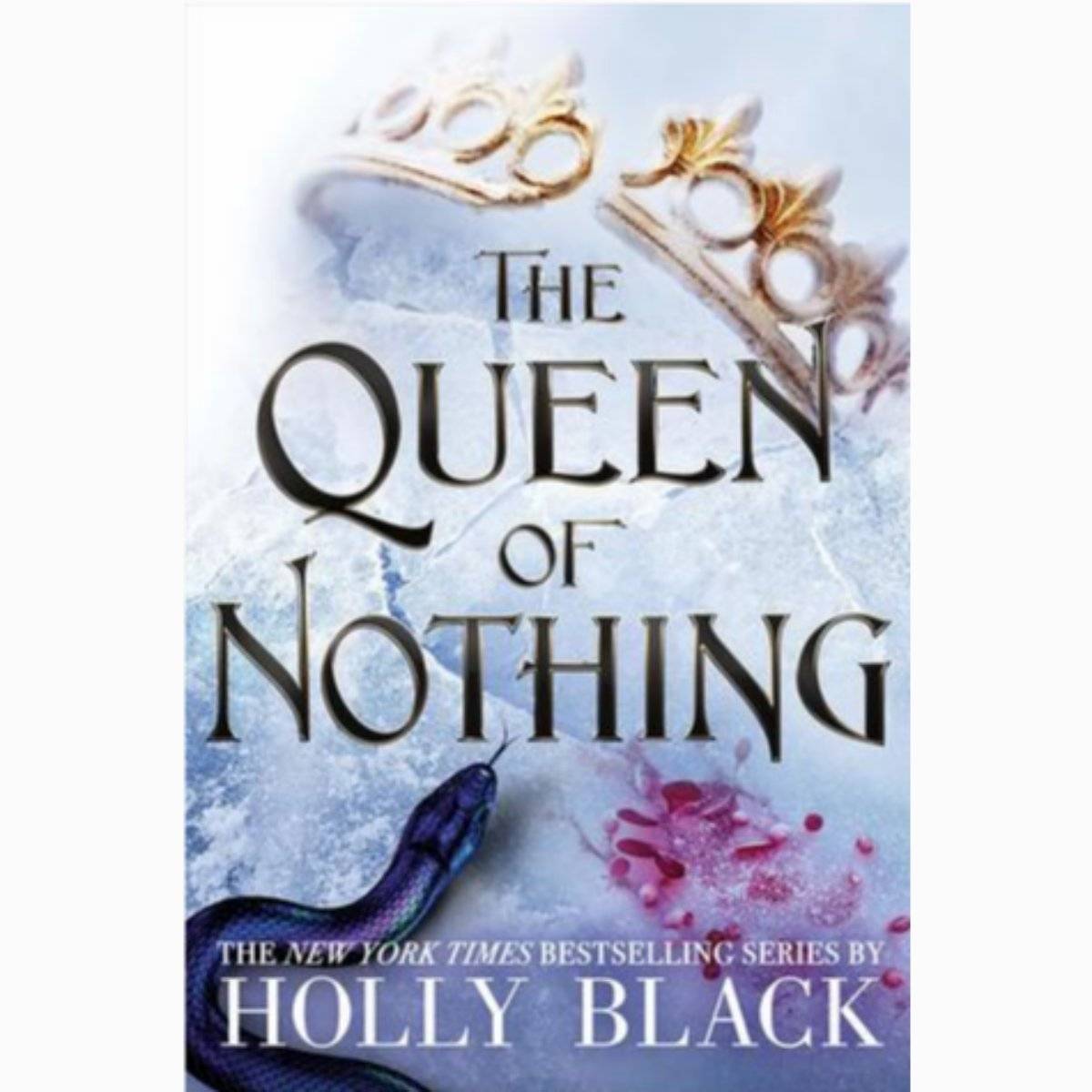
Holly Black‘s expert use of descriptive verbs creates vivid characters that are ever-changing and growing, constructing a plausible world, where love does not fail.
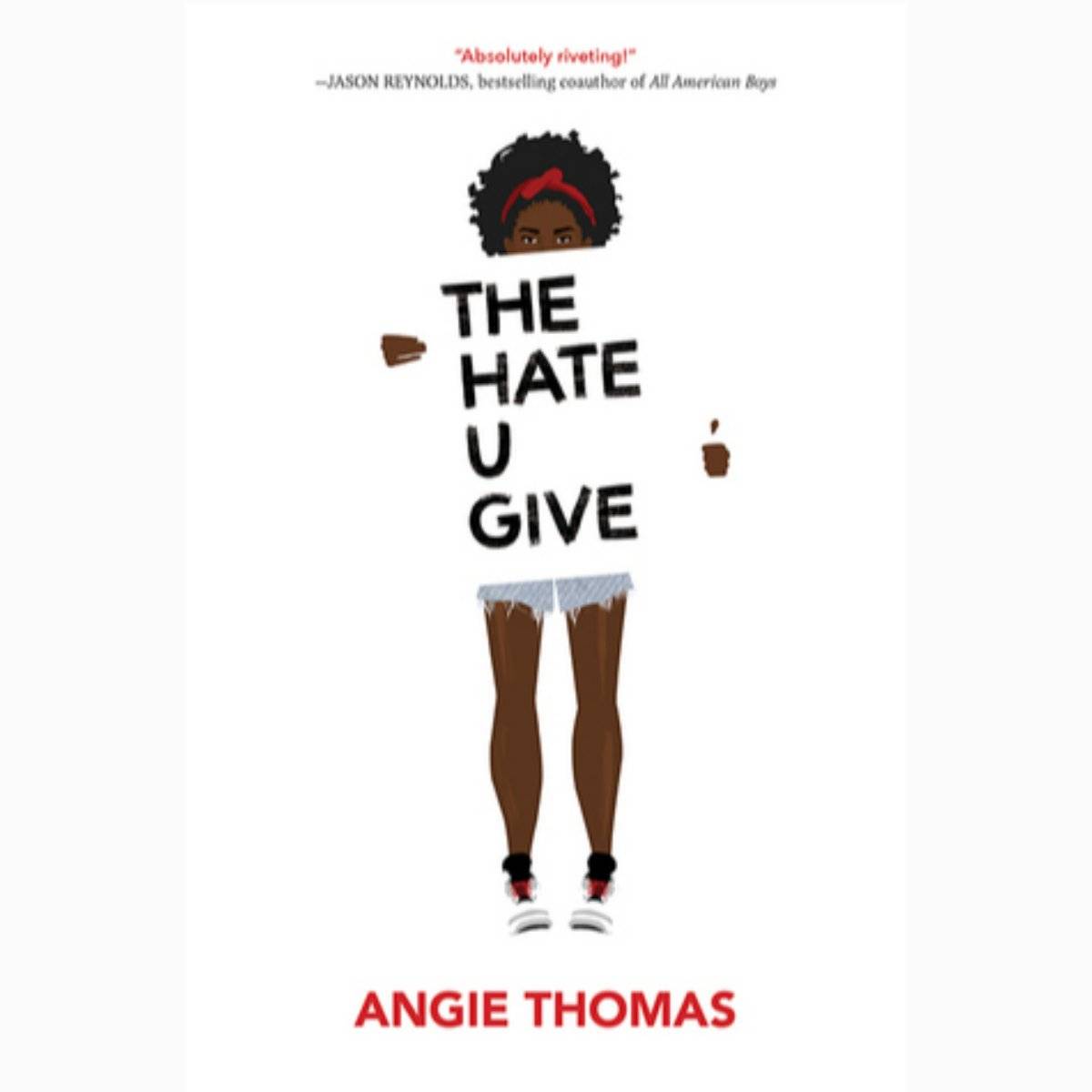
Angie Thomas expertly uses the eyewitness narrative aspect of first-person through the character‘s speech, personality, and background to create a powerful story.
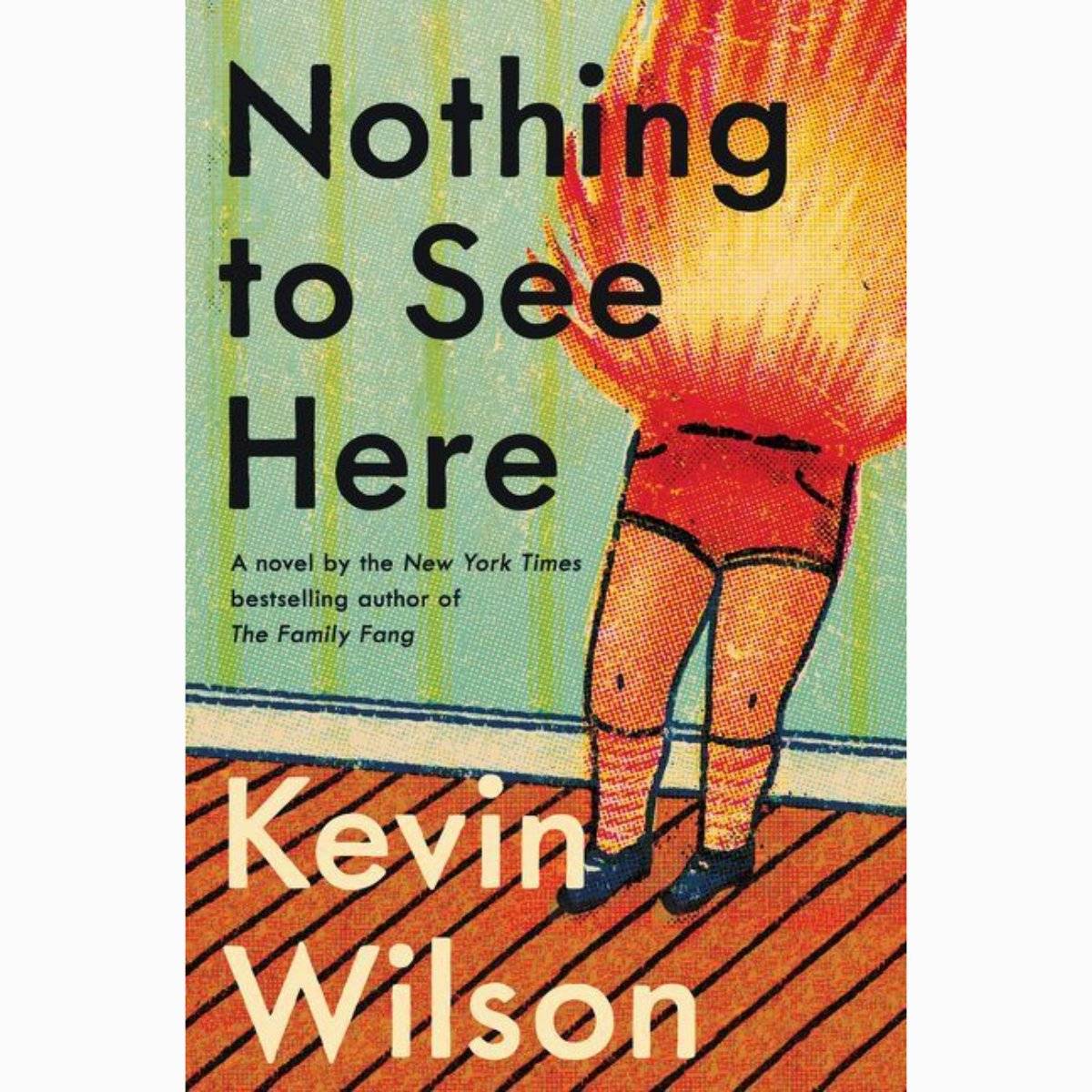
Kevin Wilson does a good job of drawing the reader in by opening the story with a first-person voice that establishes the tone and introduces secondary characters, which builds the dramatic conflict that leads to the inciting incident.
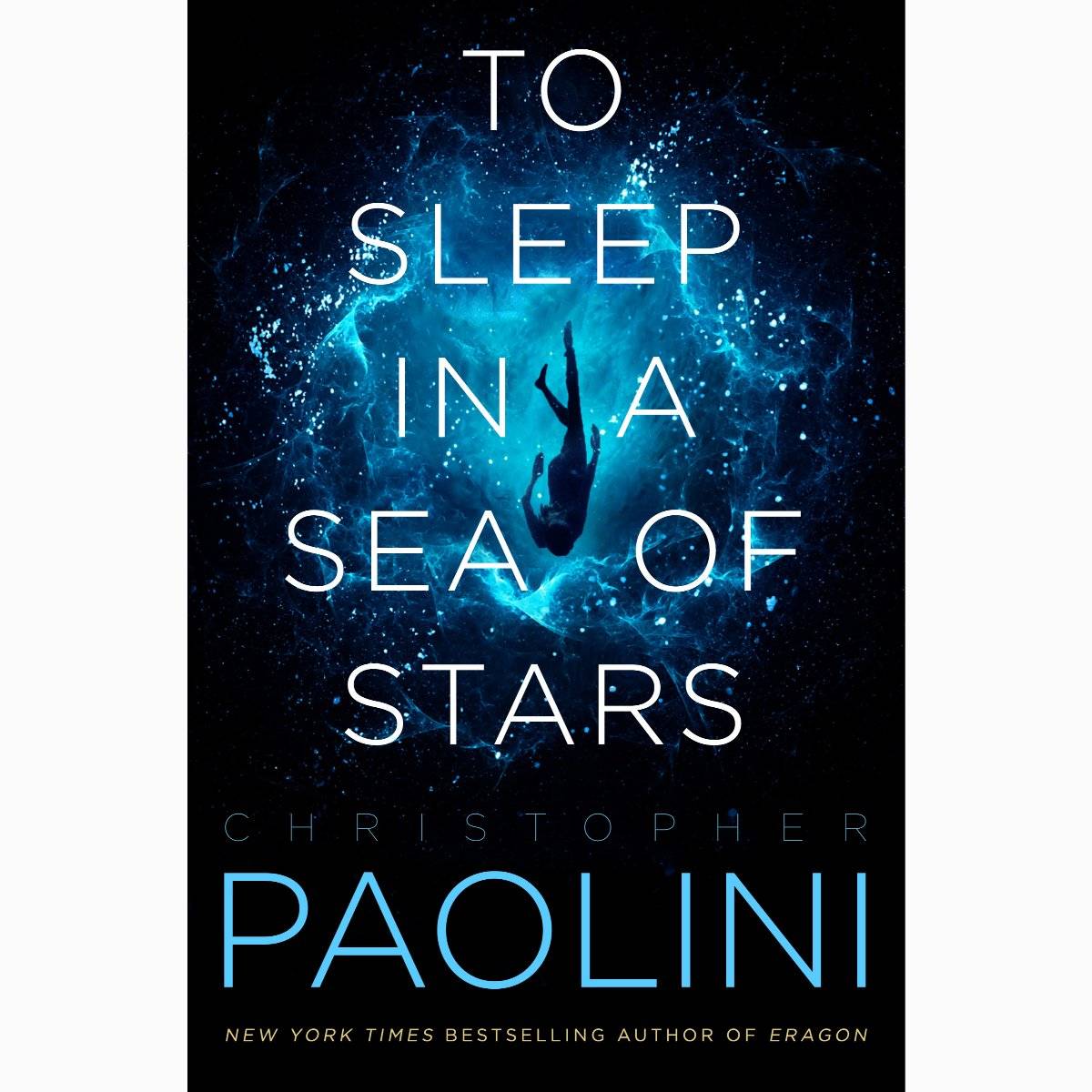
Christopher Paolini did a good job of infusing natural science and social science elements into this science fiction novel.
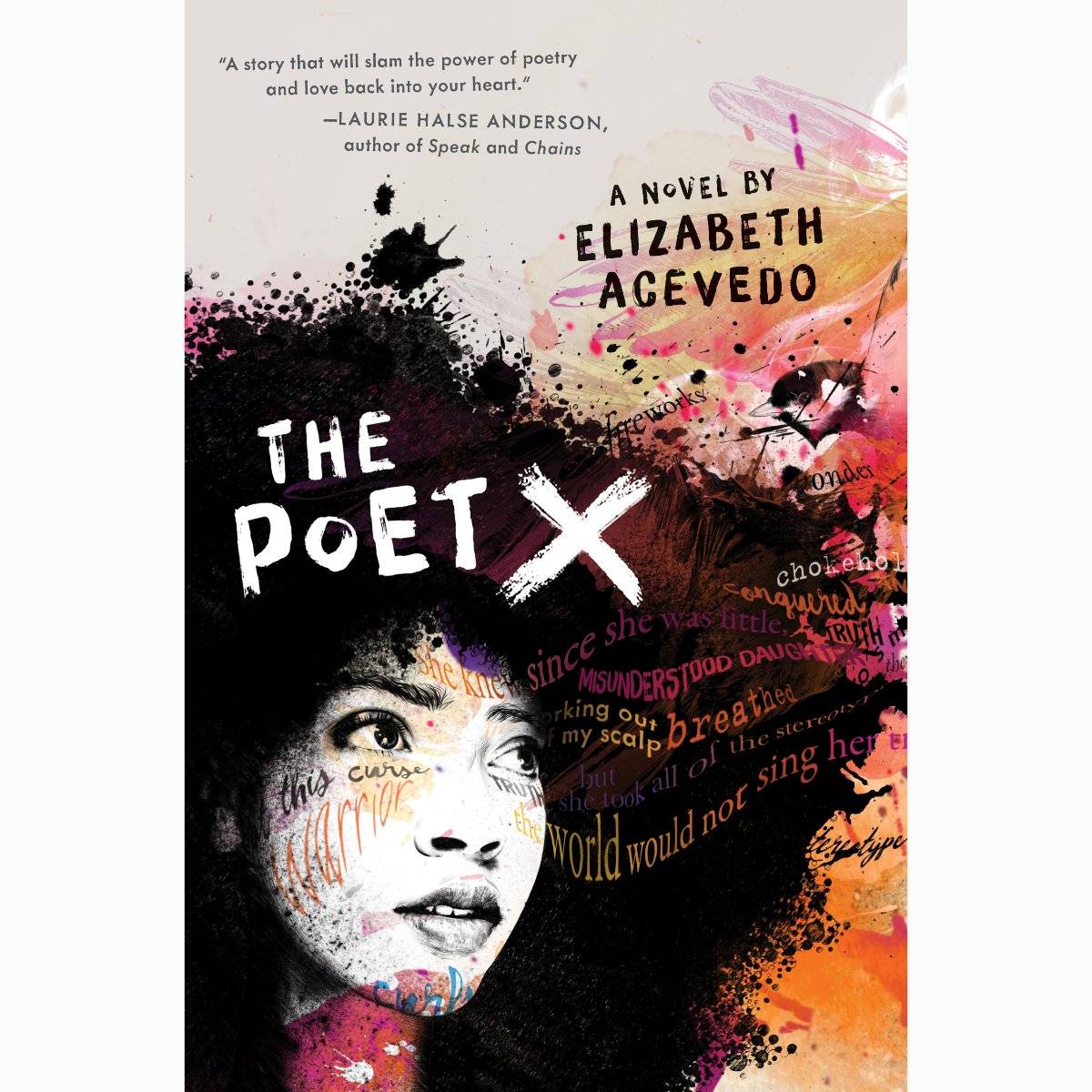
Elizabeth Acevedo utilizes the interesting and scarcely used literary devices anaphora and enjambment to successfully carry the introspective plot. The Oxford Dictionary says that anaphora is the repetition of a word or phrase at the beginning of successive clauses, and that Enjambment is the continuation of a sentence without a pause beyond the end of the line. Both of these techniques give this novel a powerful emotional punch.
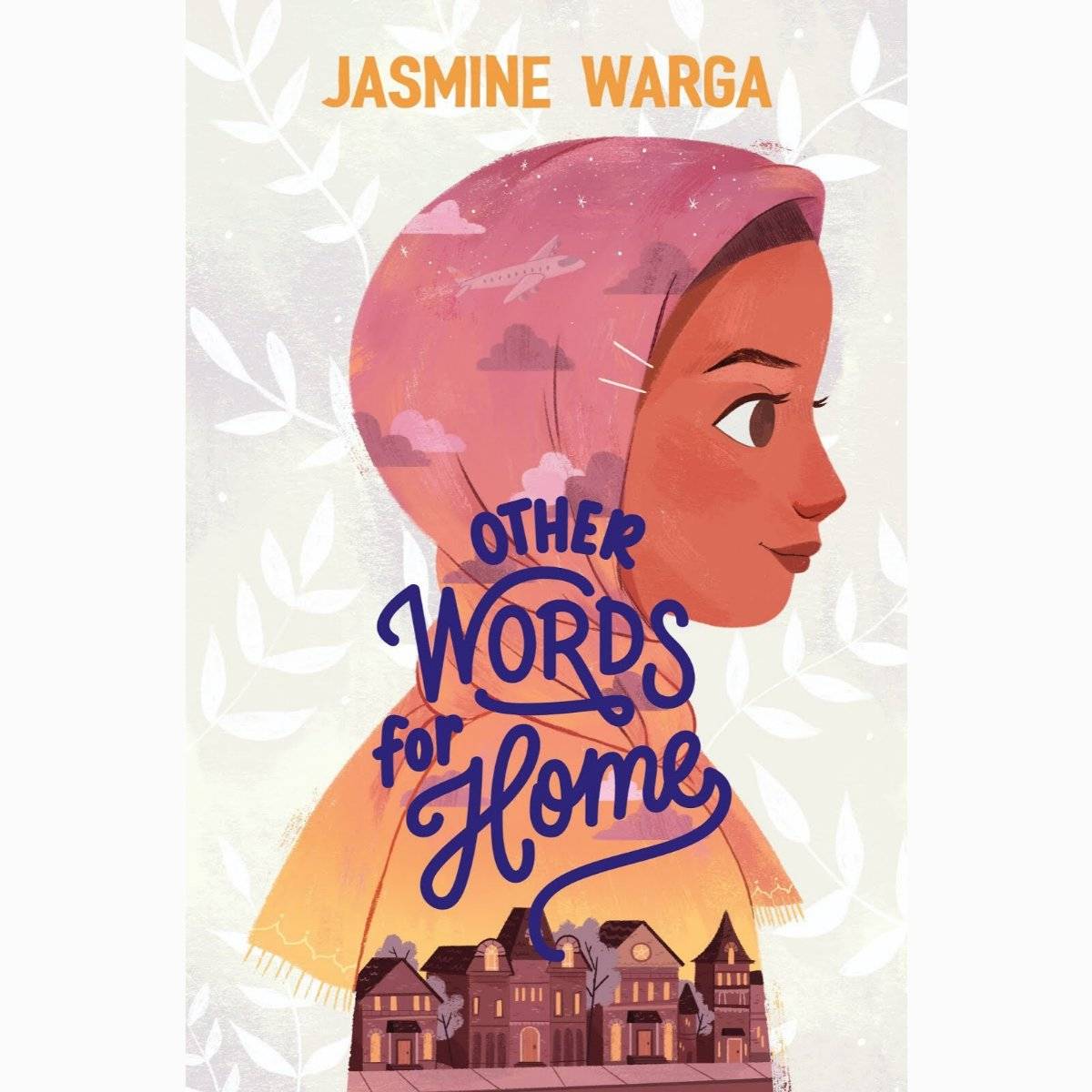
Jasmine Warga does a wonderful job of incorporating character-revealing metaphors through the character's five senses, making this story universally relatable.
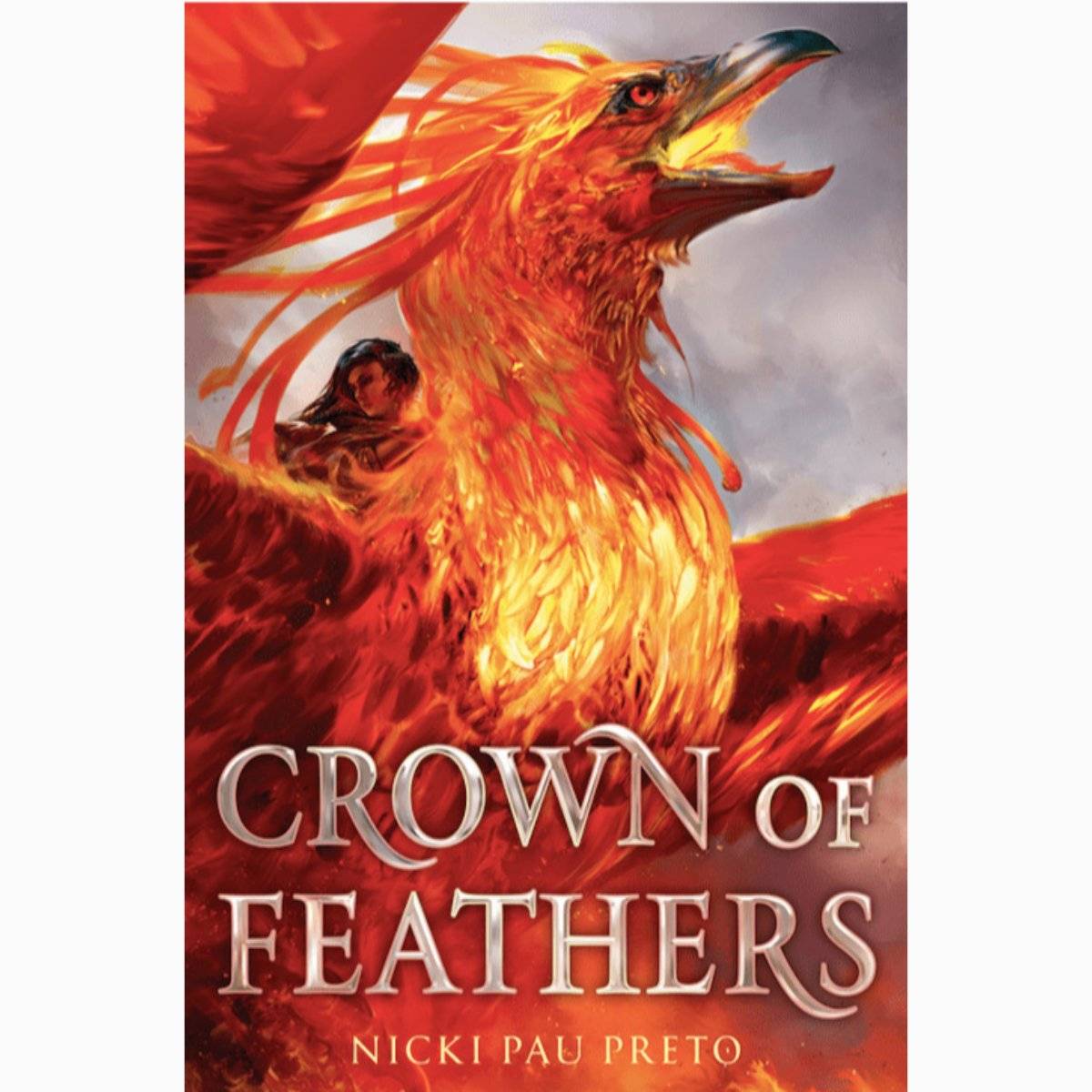
Nicki Pau Preto masterfully weaves concrete, relatable details of this fantasy world with the emotions of the three main characters.